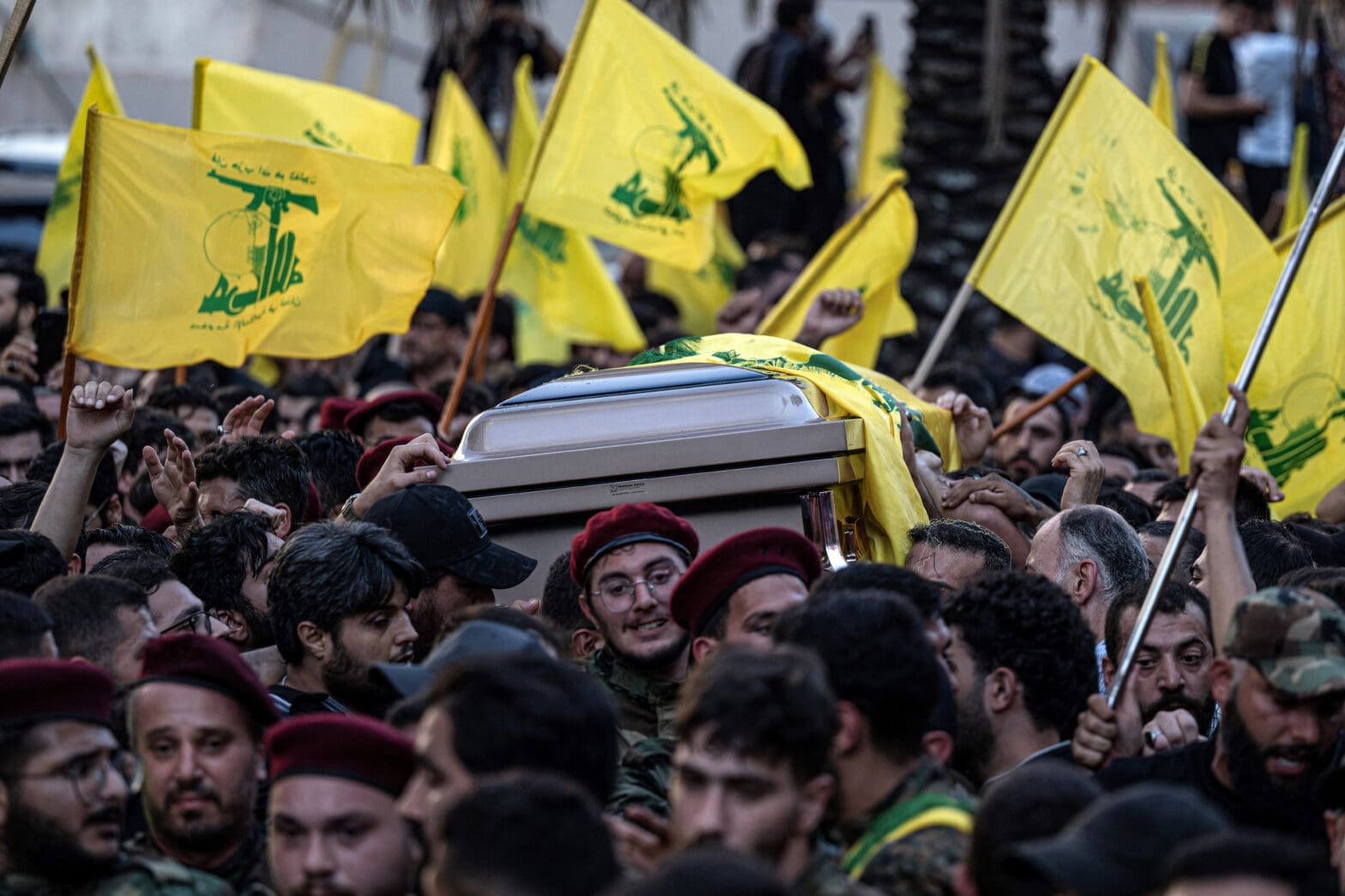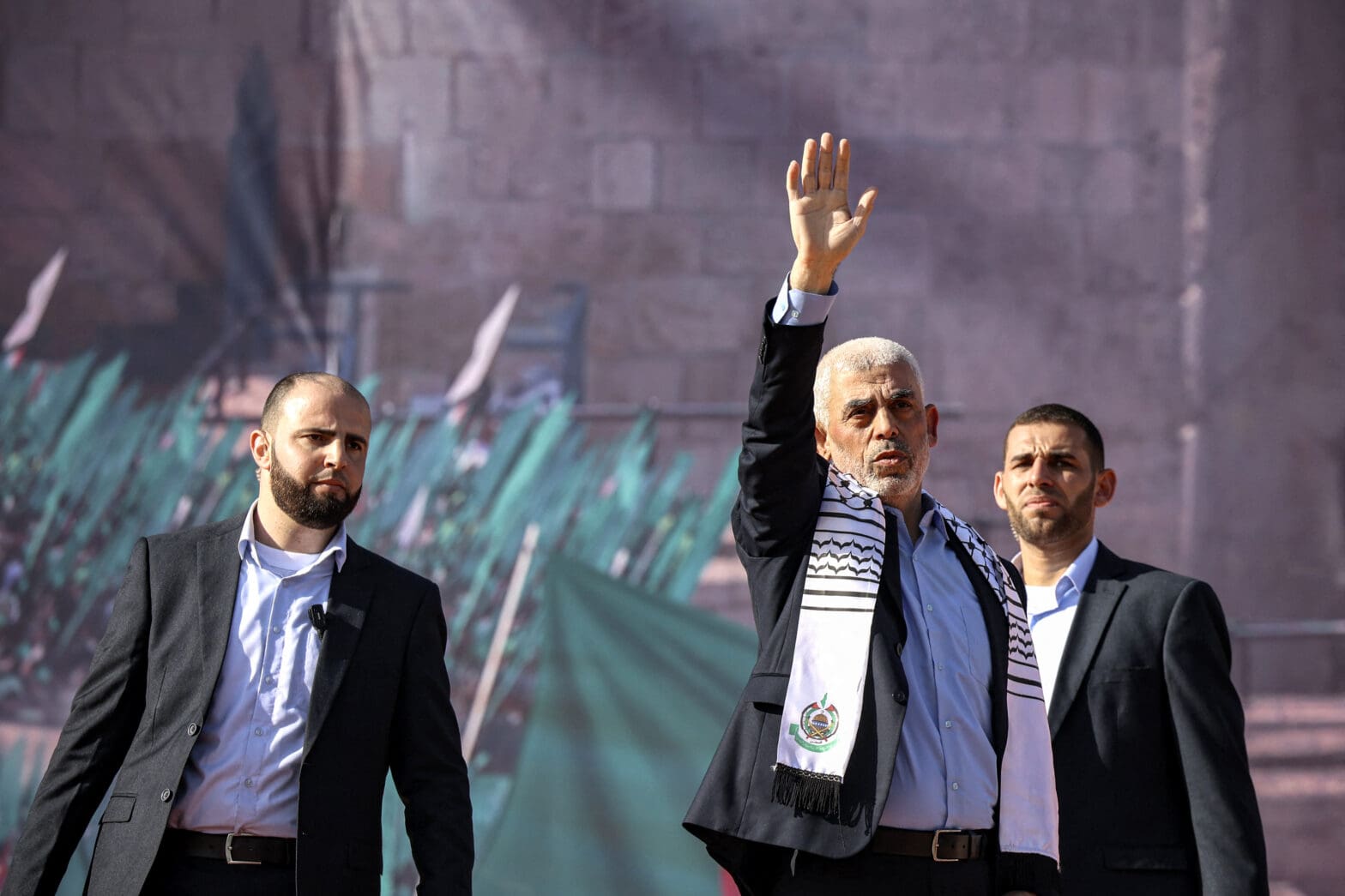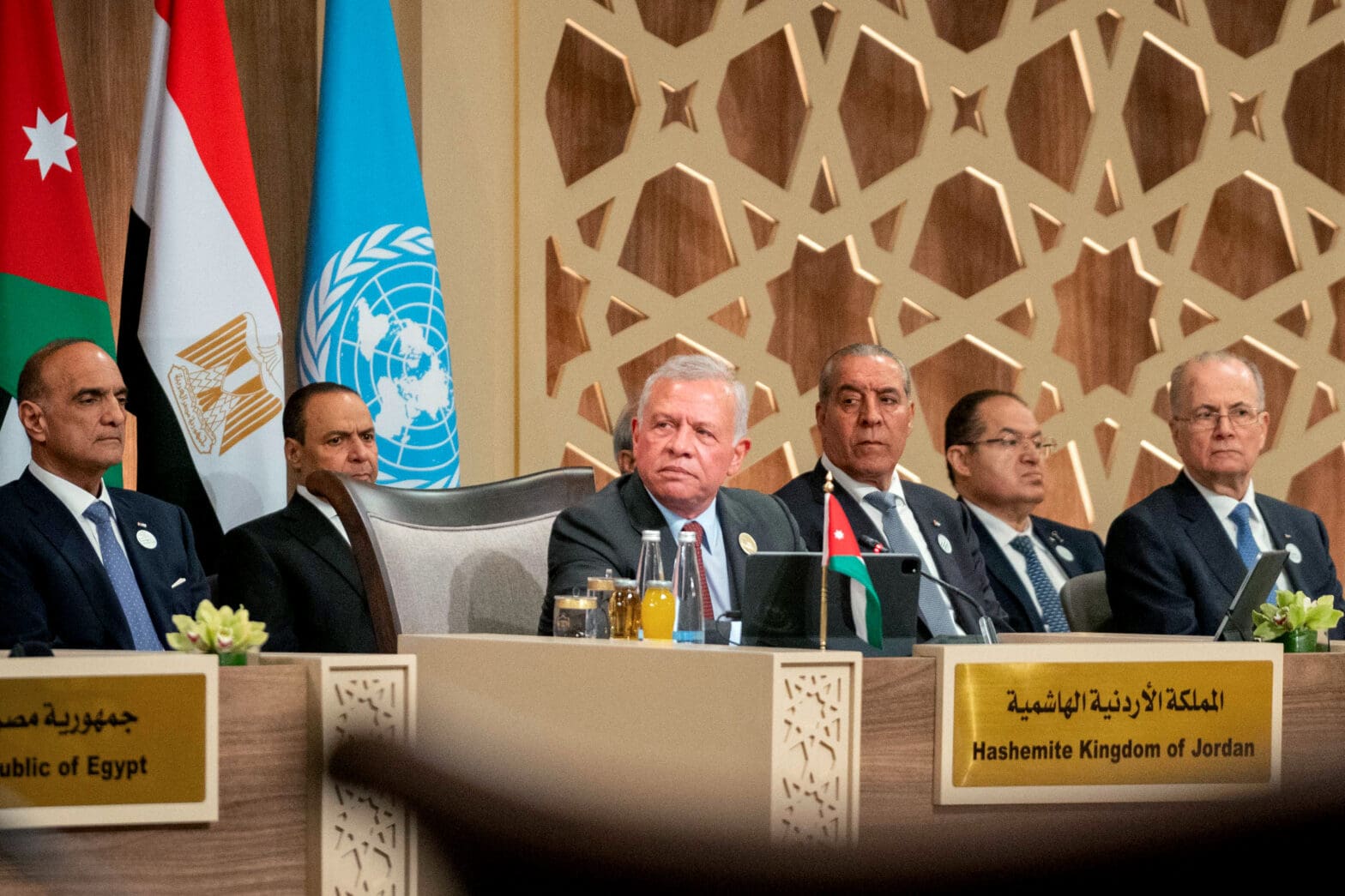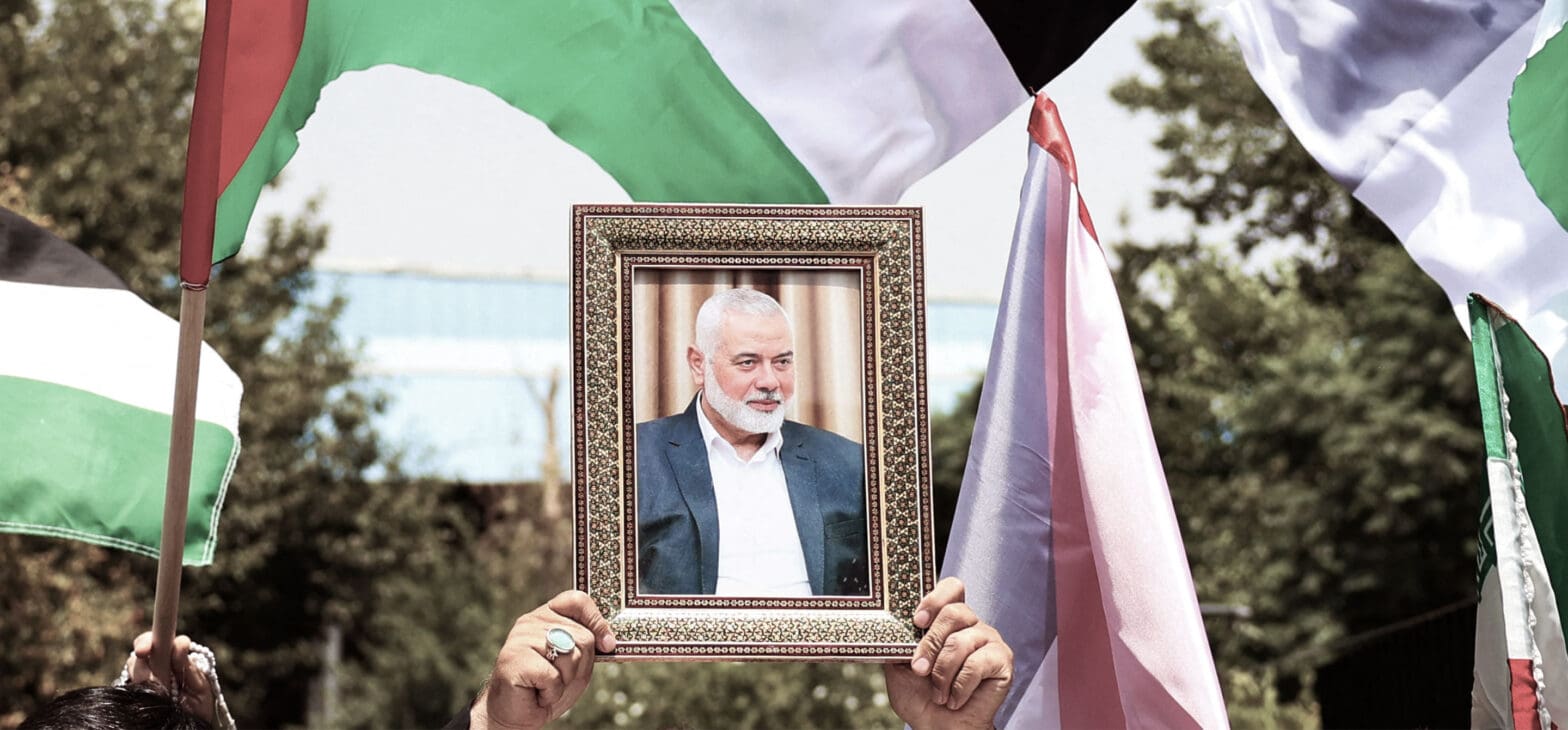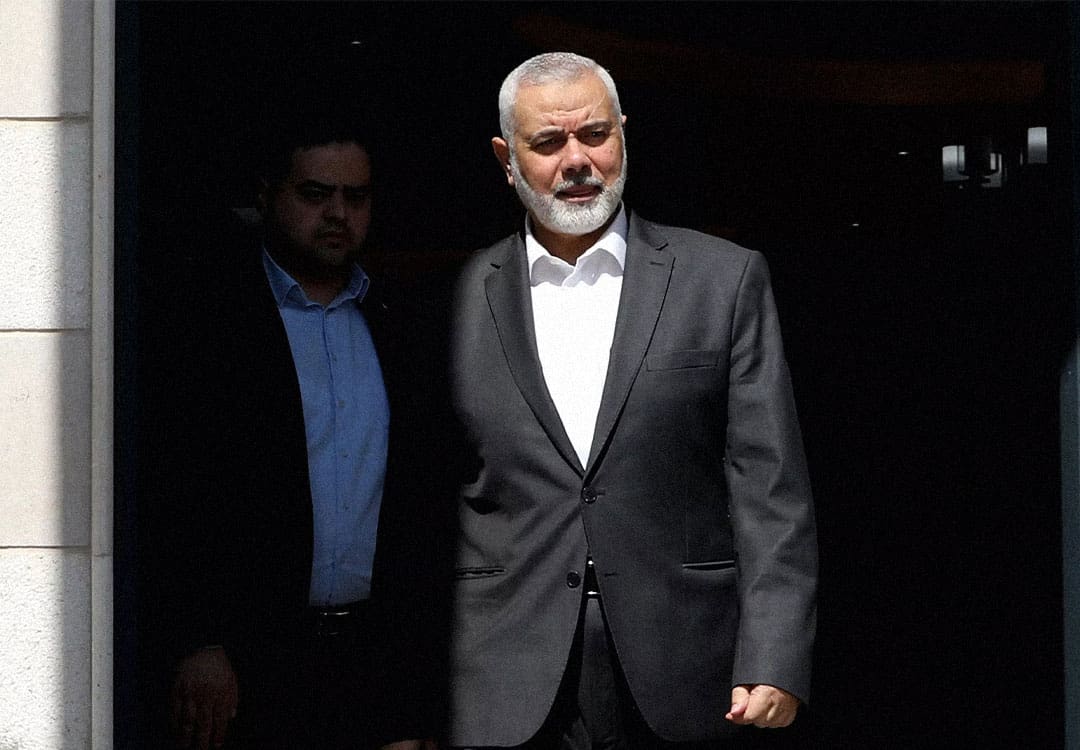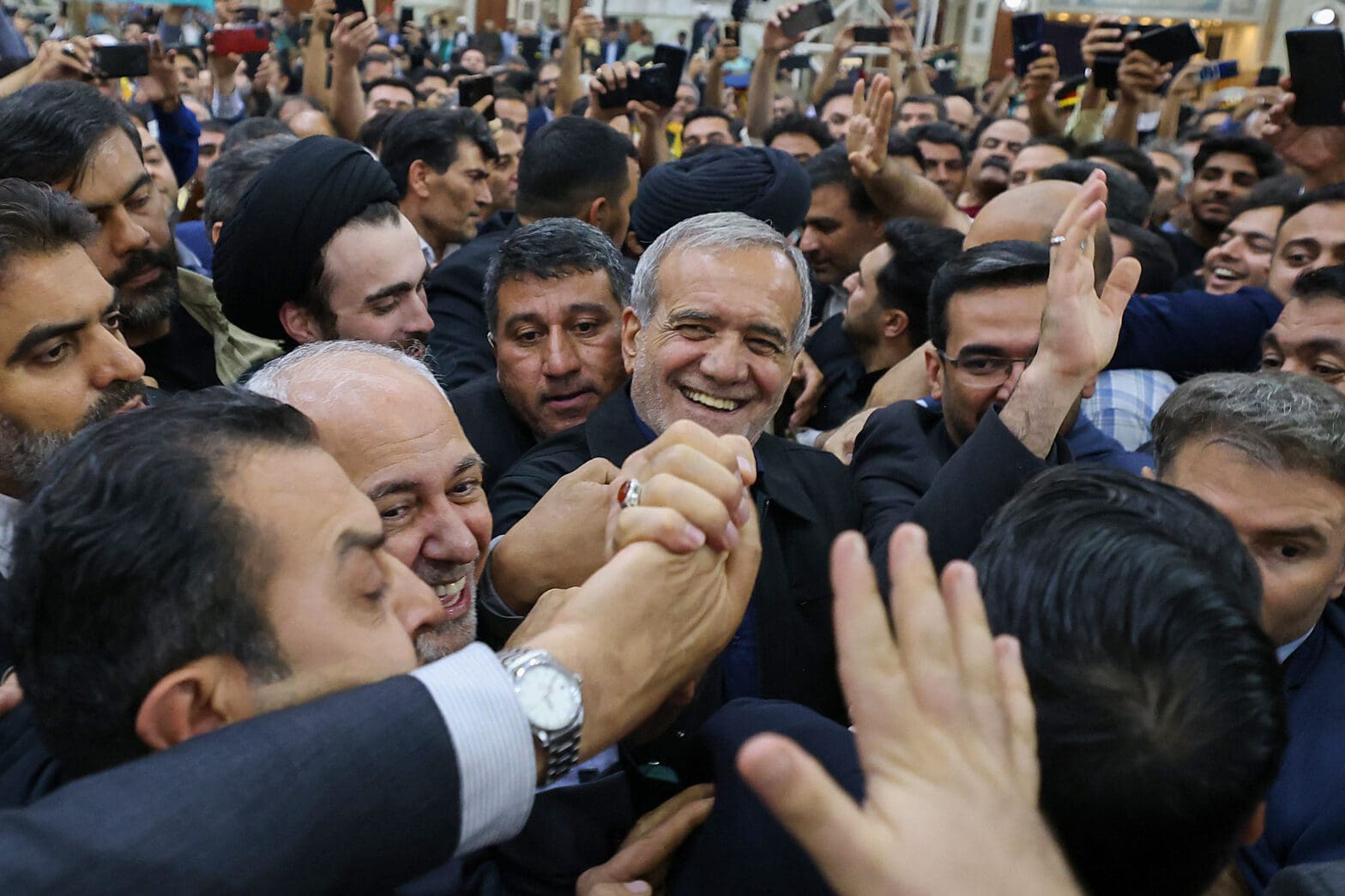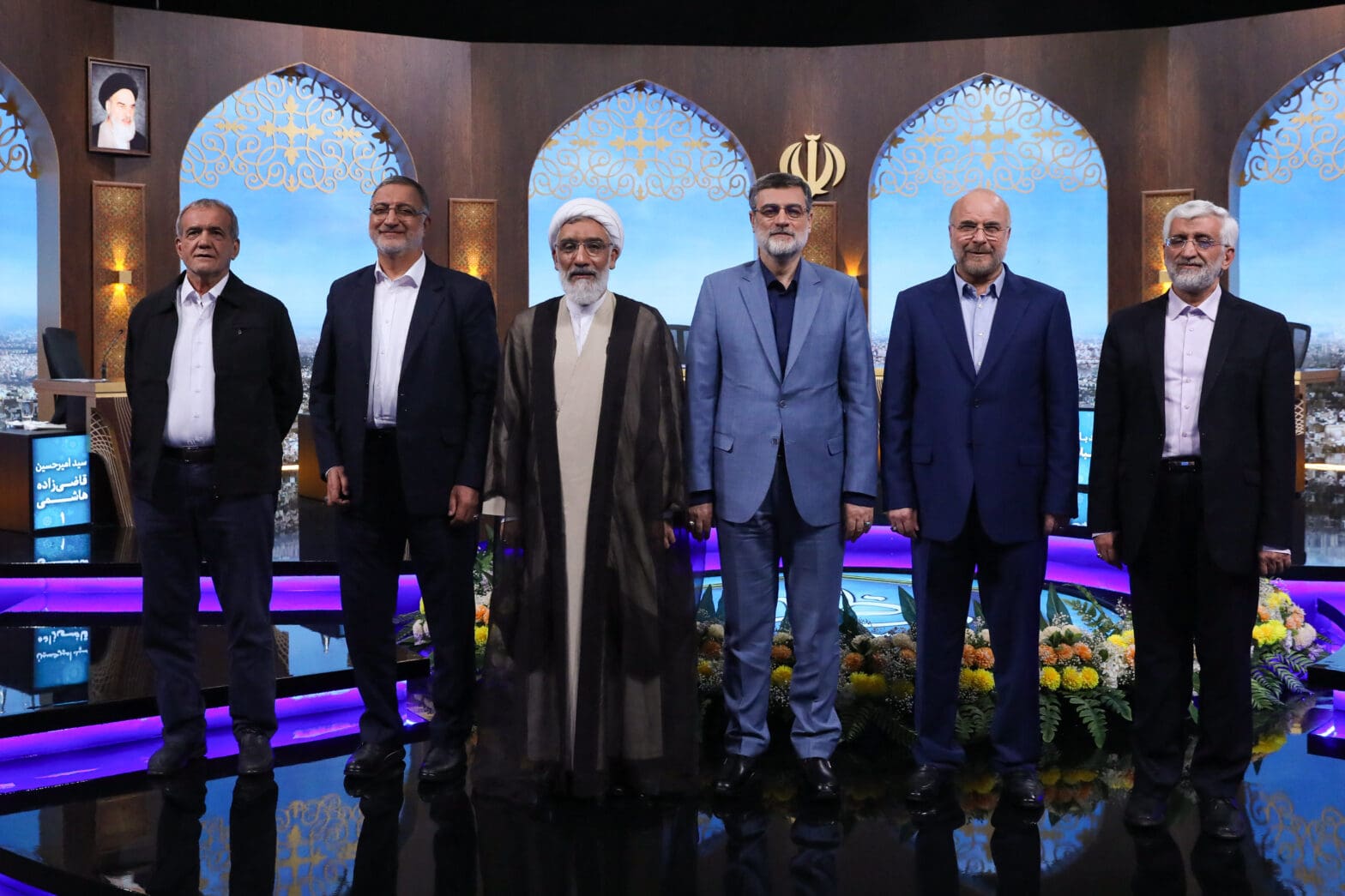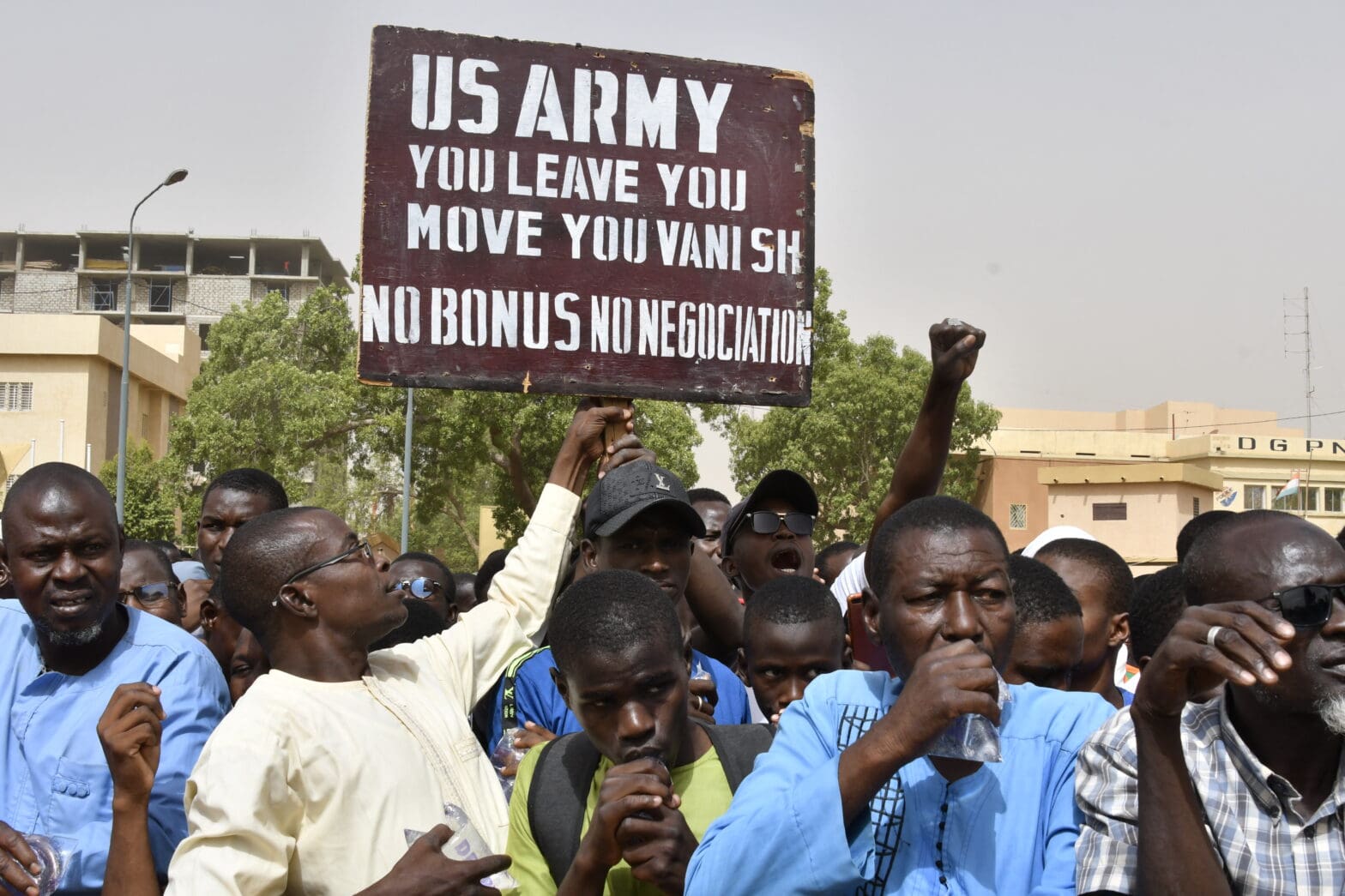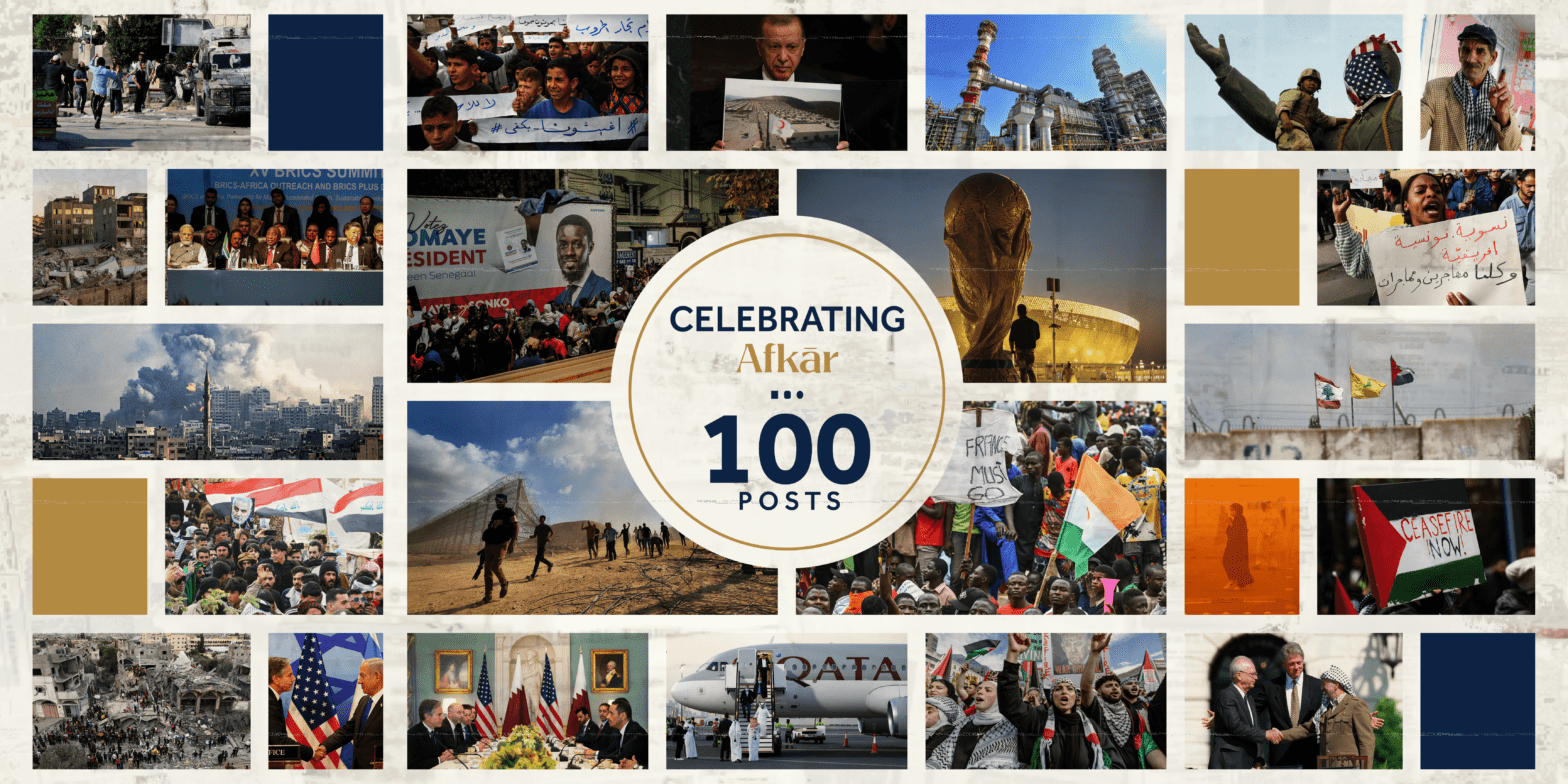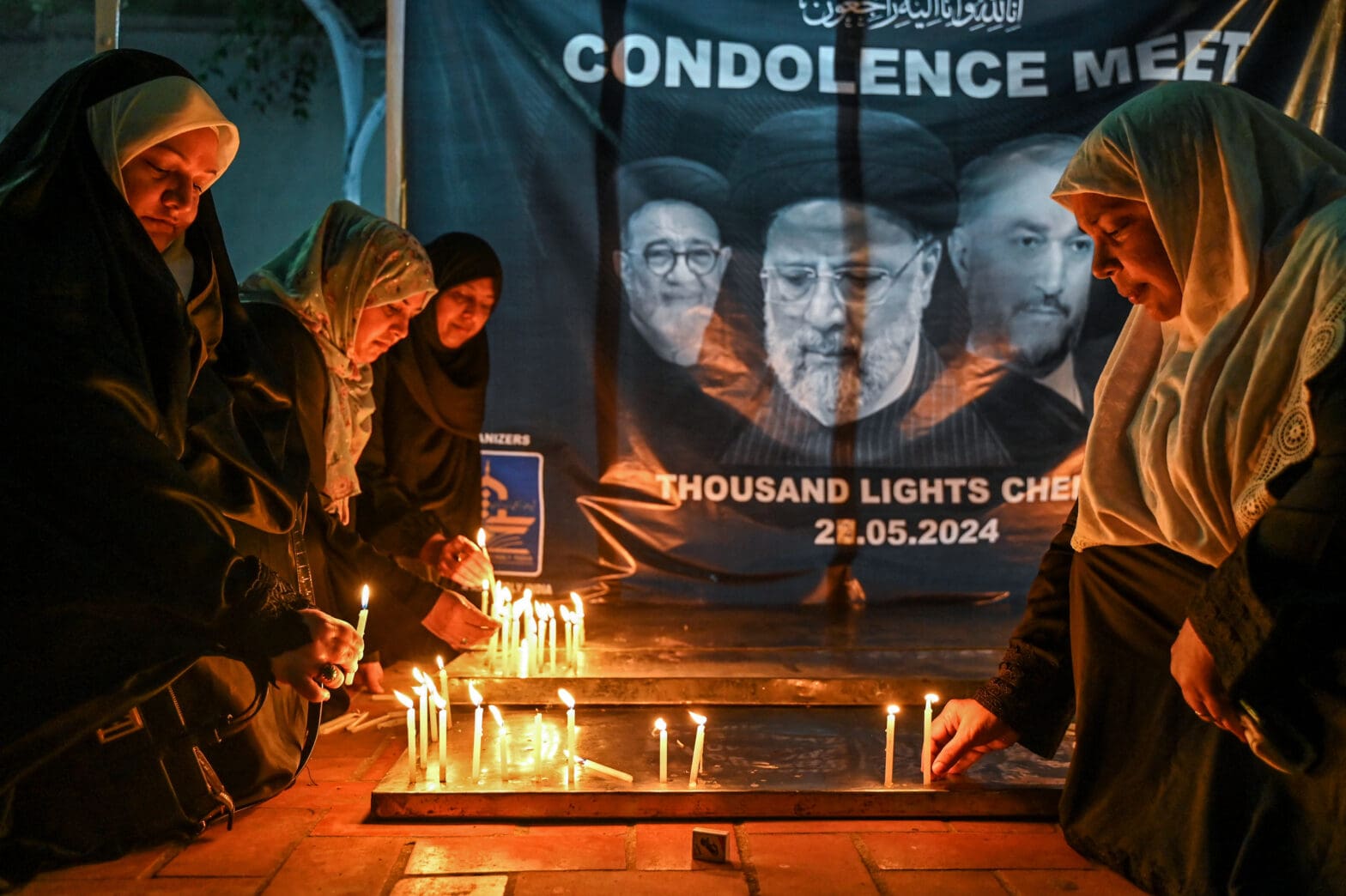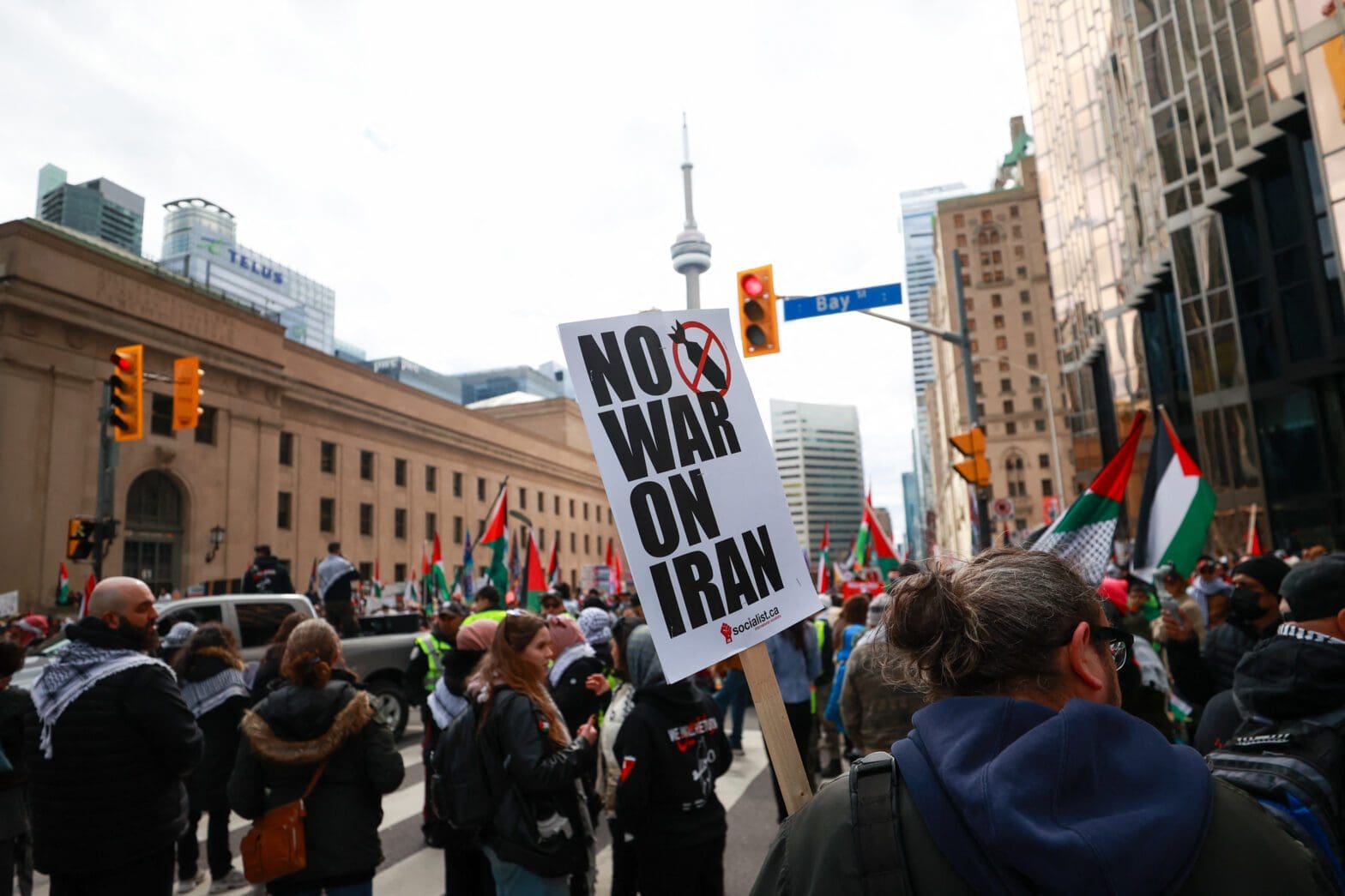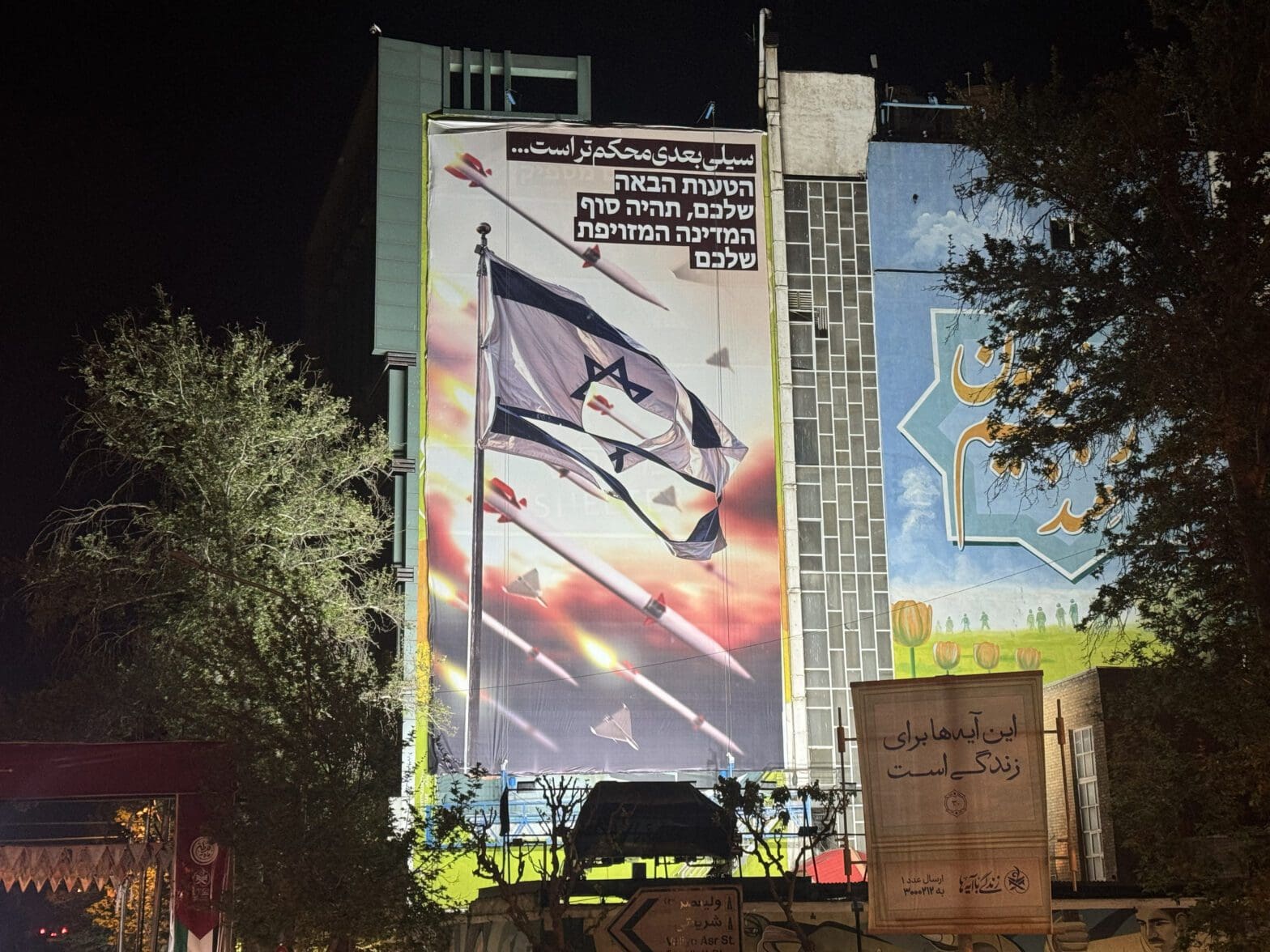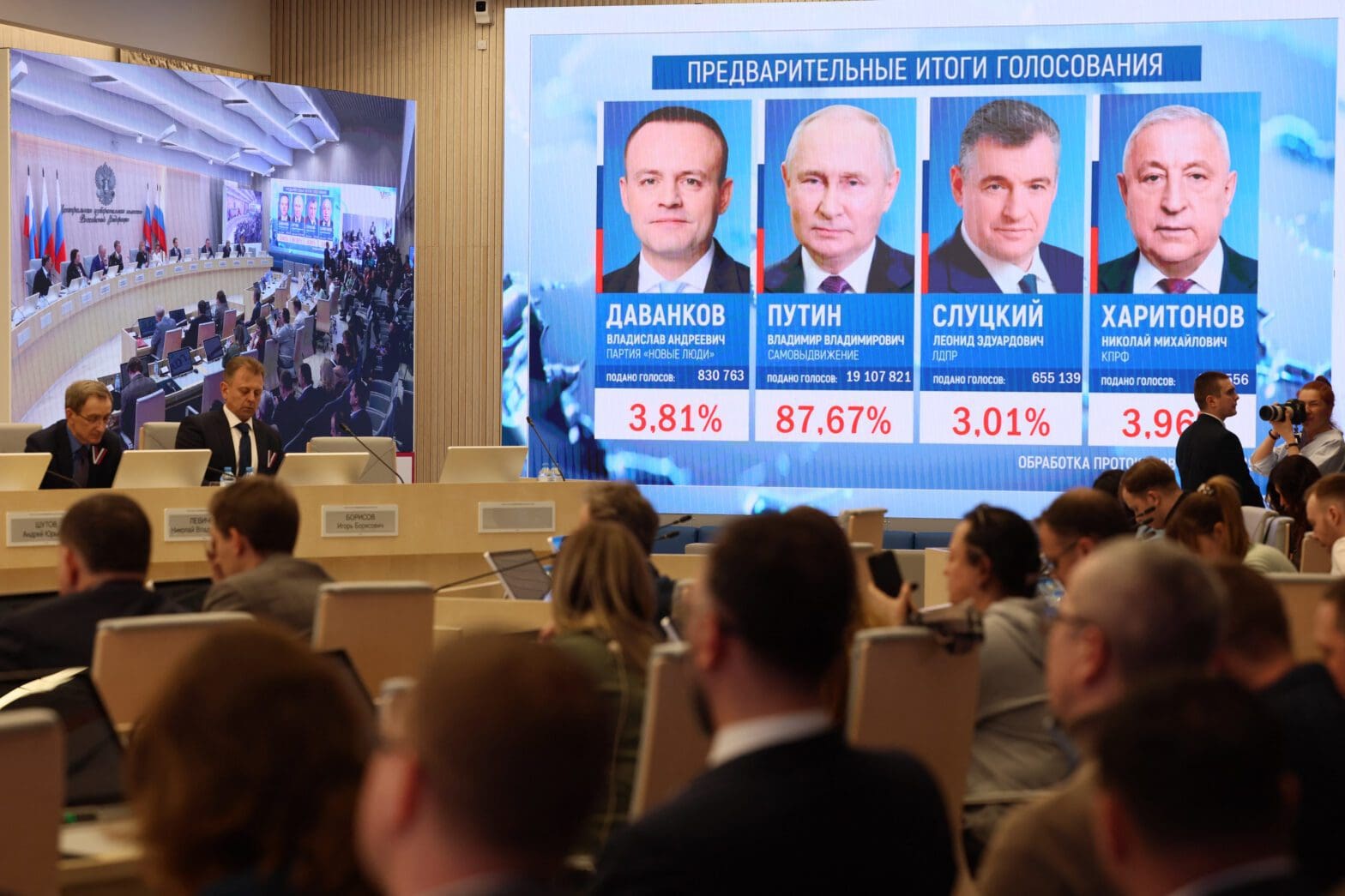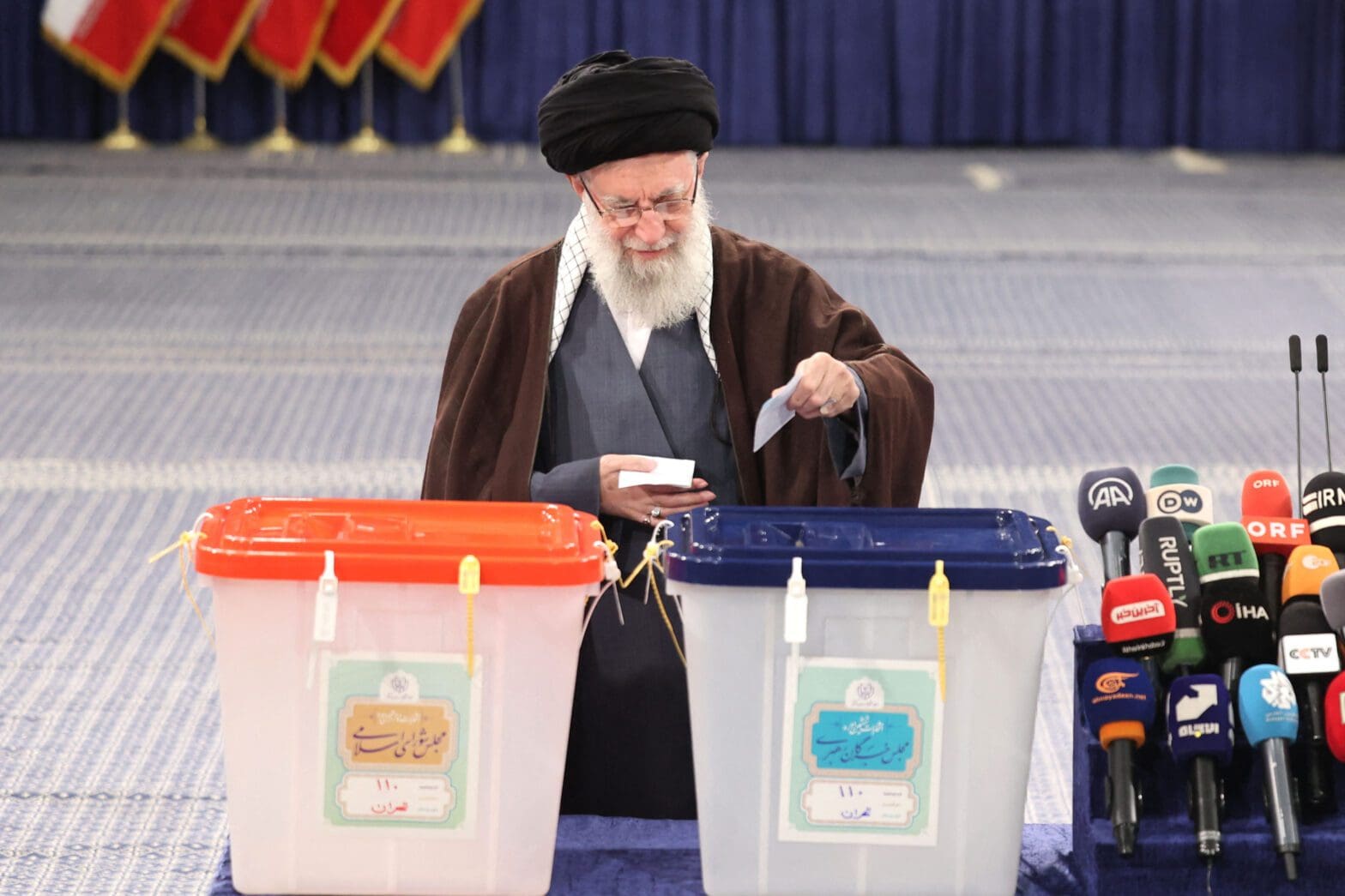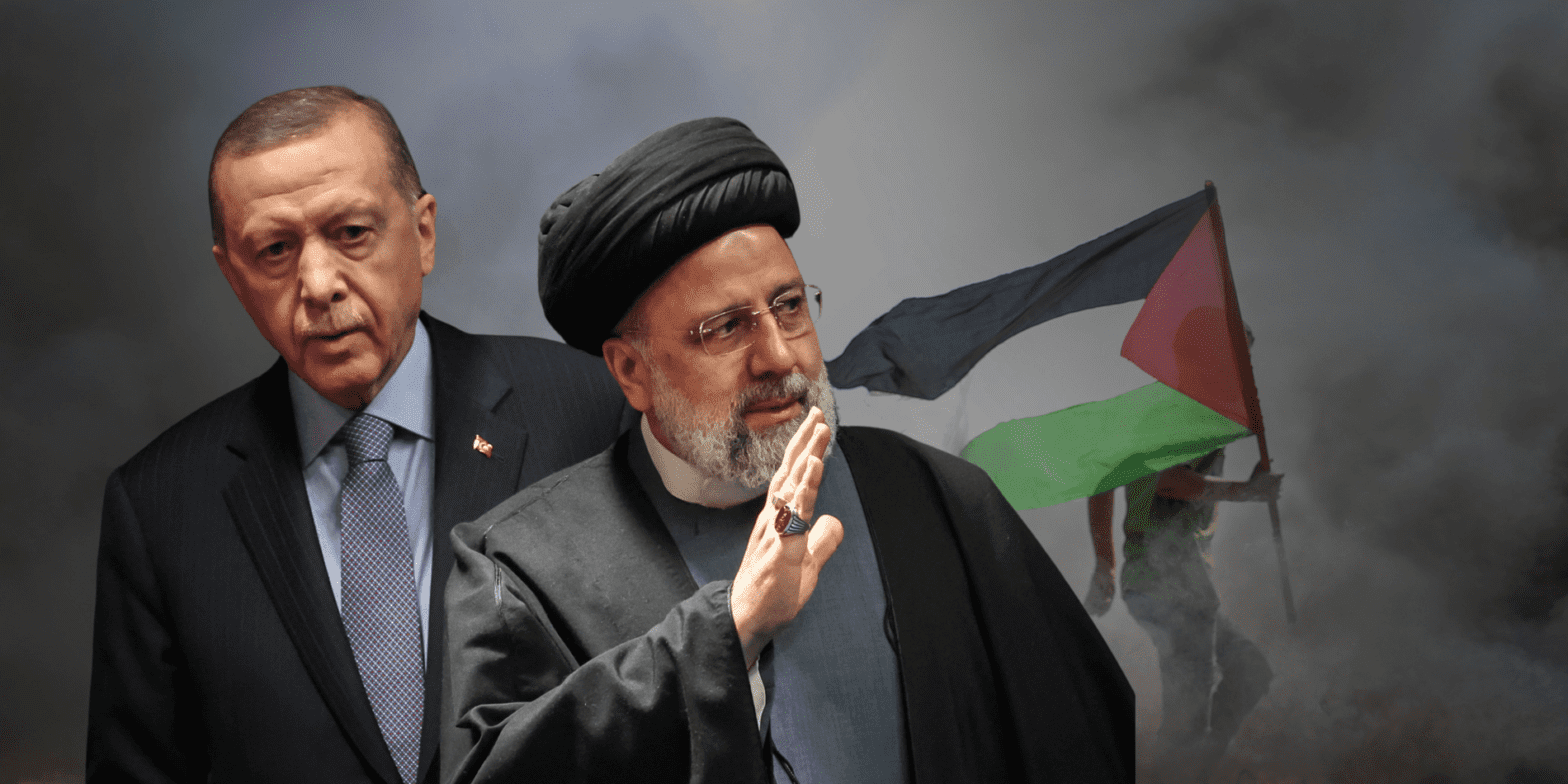On January 6, Iran’s newly established Defense Council issued a short but controversial statement. While reaffirming Iran’s long-standing claim that it does not seek war, the council declared that Tehran no longer considers itself limited to responding after an attack and would treat “objective signs of threat” as part of its security calculus. The phrasing is deliberately cautious,… Continue reading Is Iran Changing Its Defense Doctrine?
Afkar Country: Iran
As Renewal of Iran-Israel War Looms, What Lessons Can Be Learned from June?
Since Israel’s 12-day war with Iran came to an end last June, the prospect of a return to fighting has loomed large, primarily because Israel has yet to achieve all of its goals vis-a-vis Iran and may be determined to do so. Though the war was likely driven by more than one consideration, Israel’s overarching… Continue reading As Renewal of Iran-Israel War Looms, What Lessons Can Be Learned from June?
Baghdad has tied itself to Iran, endangering Iraq’s future
When Israel and the United States launched a bombing campaign against Tehran’s nuclear program in June, Iran-aligned forces that have spent years building their influence and arsenals in neighboring Iraq were oddly silent. Yet despite their decision to stay out of the so-called “12-day war,” pro-Iranian groups still have far-reaching influence in Baghdad, while co-existing… Continue reading Baghdad has tied itself to Iran, endangering Iraq’s future
What the Iranian Attack on Qatar Means for the Future of Gulf Security
Iran’s ballistic missile attack on the Qatari airbase at Al Udeid was viewed by many international analysts and media strictly through the lens of the confrontation between the U.S., Israel and Iran. Widely seen as a symbolic move, the attack’s lack of casualties allowed U.S. President Donald Trump to pursue his preferred option of de-escalation… Continue reading What the Iranian Attack on Qatar Means for the Future of Gulf Security
How Israel’s Dangerous New Grand Strategy Has Set Mideast on Fire
For more than a decade, Israeli Prime Minister Benjamin Netanyahu warned the world of Iran’s nuclear ambitions. He repeatedly accused Tehran of being on the cusp of acquiring a bomb, condemned diplomatic overtures as capitulation, and vowed Israel would never allow Iran to become a nuclear power. Yet despite the endless threats, leaked war plans,… Continue reading How Israel’s Dangerous New Grand Strategy Has Set Mideast on Fire
How Iran Is Calculating Its War With Israel
Iran’s response to Israel’s unprecedented military offensive has been constrained, reactive and shaped by a growing sense of vulnerability. While it has launched retaliatory strikes, these have been more limited in intensity and scope than many would have anticipated, given Tehran’s massive stockpile of ballistic missiles and drones. This restraint is believed to stem from… Continue reading How Iran Is Calculating Its War With Israel
The Islamic Republic’s Existential Crisis
Israel’s decision to launch airstrikes on Iran’s nuclear facilities and military should have come as no surprise following a year of devastating setbacks for the Iranian regime and its proxy network in the region. For almost a decade, the two sides have engaged in a shadow war and tit-for-tat military exchanges across several conflict theaters.… Continue reading The Islamic Republic’s Existential Crisis
Israel Applies Its Lebanon Playbook to Iran in Opening Salvo
In the early hours of June 13, Israel launched a large-scale aerial offensive against multiple military and nuclear-related targets inside Iran. Dubbed “Operation Rising Lion”, the strikes targeted senior military commanders, nuclear scientists, air defense infrastructure and suspected ballistic missile facilities. Israel has framed the campaign as a necessary measure to halt Iran’s advancing nuclear… Continue reading Israel Applies Its Lebanon Playbook to Iran in Opening Salvo
How Trump’s Government Cuts Will Affect U.S. Foreign Policy
Spurred on by Elon Musk and the Department of Government Efficiency, or DOGE, the second Trump administration has embarked upon a campaign of massive disruption within the federal government that will have serious implications for U.S. foreign policy in the Middle East and North Africa (MENA). One of the primary targets is the State Department.… Continue reading How Trump’s Government Cuts Will Affect U.S. Foreign Policy
The First 100 Days: Trump’s Middle East Policy Revisited
By any standard of the American presidency, the first 100 days of Donald Trump’s second term have been eventful, to say the least. From the dismantling of government institutions to the imposition of protectionist trade policies to the launching of negotiations with Iran and Russia, the implications of Trump’s early agenda have been far reaching… Continue reading The First 100 Days: Trump’s Middle East Policy Revisited
Is Russia Entering U.S.-Iranian Nuclear Negotiations?
A three-way dance is developing between Washington, Moscow and Tehran over Iran’s nuclear program. Recently, U.S. President Donald Trump sent a letter directly to Iran’s supreme leader, Ali Khamenei, asking to enter negotiations, while indicating to the media separately that the alternative would be military action to prevent Iran from acquiring nuclear weapons. Khamenei responded… Continue reading Is Russia Entering U.S.-Iranian Nuclear Negotiations?
As Trump Imposes Tariffs, What Will U.S. Protectionism Mean for MENA and the Global Economy?
The United States has long been the world’s leading advocate for free trade, promoting it as a means of expanding global commerce and specialization in production that links economies into diversified supply chains. This has led to an unprecedented period of economic growth and poverty alleviation, a period anchored largely in an international rules-based order… Continue reading As Trump Imposes Tariffs, What Will U.S. Protectionism Mean for MENA and the Global Economy?
Fast-Moving Geopolitical Dynamics Challenge Yemen and the Houthis
The fall of the Assad regime in Damascus represents a critical turning point in the geopolitical landscape of the Middle East. Beforehand, Syria functioned as a strategic link supporting Iranian influence from Tehran to Beirut and onwards to Yemen’s capital, Sanaa, making it a crucial component in the so-called “Axis of Resistance.” Recent setbacks to… Continue reading Fast-Moving Geopolitical Dynamics Challenge Yemen and the Houthis
The Art of Disruption: How Trump’s Foreign Policy is Impacting MENA
Since returning to office on January 20, 2025, Donald Trump has issued 67 executive orders, more than double any other president in American history. Given that some of those orders have serious implications for the Middle East and North Africa, Afkār has compiled views from Middle East Council on Global Affairs scholars to analyze some… Continue reading The Art of Disruption: How Trump’s Foreign Policy is Impacting MENA
Could the Russia-Iran Comprehensive Partnership Treaty Challenge Gulf Security?
On January 17, the presidents of Iran and Russia met in Moscow to sign a 20-year “comprehensive strategic partnership treaty.” The agreement, which focuses primarily on enhancing trade and security cooperation, comes as each country indirectly confronts the United States in conflicts with Ukraine and Israel, and on the heels of the abrupt toppling of… Continue reading Could the Russia-Iran Comprehensive Partnership Treaty Challenge Gulf Security?
Maximum Pressure on Iran, Minimal Results
Among the top foreign policy issues Donald Trump faces in his second term are the perceived challenges and threats posed by Iran. To this end, Trump revived the “maximum pressure” campaign that characterized his approach to Iran in his previous term. At the same time, hawks in Washington are calling on the administration to support… Continue reading Maximum Pressure on Iran, Minimal Results
Assad’s Fall in Syria Poses Serious Questions Inside Iraq
Recent developments in Syria, including the fall of the Assad regime, Iran’s failure to quell the rebel advance into Damascus and subsequent withdrawal of its proxies from the country, have generated shockwaves in neighboring Iraq. For the first time in Iraq’s post-2003 political history, the prospect of breaking Iran’s outsized influence over the Iraqi state… Continue reading Assad’s Fall in Syria Poses Serious Questions Inside Iraq
MENA Outlook for 2025
With the December collapse of the Assad regime in Syria, 2024 came to a close in a dramatic and region-altering fashion. This, along with the numerous other major trend lines and points of conflict, likely makes 2025 a year that will be significant in reshaping the region’s future. Looking forward to what may be coming,… Continue reading MENA Outlook for 2025
With Axis of Resistance in Retreat, How Will Iranian People Respond?
Iran’s regional policy is on the backfoot. Years of patronage and investment in the “Axis of Resistance,” a network of friendly actors that share Iran’s hostility toward U.S. hegemony in the Middle East, has unraveled in a short period of time and caught the Iranian regime off guard. While Iran’s leadership scrambles for a response,… Continue reading With Axis of Resistance in Retreat, How Will Iranian People Respond?
Regional Economy Faces Plenty of Challenges—and Reasons for Hope—in 2025
Despite the turmoil rocking the Middle East and North Africa (MENA), there may be some glimmers of hope for the region’s economies in 2025. The World Bank and the International Monetary Fund (IMF) are both projecting an uptick in growth in most MENA economies. However, structural challenges, political instability, and geopolitical tensions will continue to… Continue reading Regional Economy Faces Plenty of Challenges—and Reasons for Hope—in 2025
Arab Public Opinion Under Pressure
Editor’s Note The relevance of public opinion in the Middle East and North Africa is a question often debated but little understood. Given the high prevalence of autocracy, surveys of popular sentiment are limited, while freedoms of speech and press are not the norm. Indeed, as thousands of political prisoners freed in recent days from… Continue reading Arab Public Opinion Under Pressure
Can the Israel-Hezbollah Ceasefire Hold?
After more than a year of hostilities that intensified dramatically in recent months, Hezbollah and Israel have agreed to a ceasefire, but the fragile agreement has already been tested by reported violations. In this interview with Afkār, Saoud El Mawla, visiting senior fellow at the ME Council, examines the deal’s significance and durability, as well… Continue reading Can the Israel-Hezbollah Ceasefire Hold?
Thinking Through China’s Middle East Policy Amid War
For many years, China has been expanding its influence to every corner of the globe. And while its strategic priorities remain anchored in the Western Pacific—where it faces great-power rivalry with the United States, myriad territorial disputes, tensions on the Korean Peninsula and the potential for military conflict over the Taiwan Strait—its steadily growing presence… Continue reading Thinking Through China’s Middle East Policy Amid War
Trump 2.0 and the Gulf’s Strategic Future
President-elect Donald Trump’s first term in office reshaped U.S.-Gulf relations. His approach focused on cultivating personal bonds with leaders of Gulf Cooperation Council (GCC), signing massive arms deals, and for the most part not touching human rights issues. Gulf statesmen mostly welcomed this approach, which provided immediate defense assurances without challenging their sovereignty. However, with… Continue reading Trump 2.0 and the Gulf’s Strategic Future
Efforts To Restore Bahrain-Iran Ties Gather Momentum
On October 21, Iran’s Foreign Minister Abbas Araghchi visited Manama and met with King Hamad bin Isa Al Khalifa, marking a significant turning point in Iran-Bahrain relations that have been severed since 2016. This visit—the first by an Iranian foreign minister to Bahrain since 2010—took place amid an escalating military confrontation between Iran and Israel. While Bahrain… Continue reading Efforts To Restore Bahrain-Iran Ties Gather Momentum
Adapting the Women, Peace and Security Agenda to the Arab World
When United Nations Security Council (UNSC) resolution 1325 on Women, Peace and Security (WPS) was adopted on October 31, 2000, it marked an unprecedented commitment by the international community to regard women as integral partners in peace processes. The WPS “agenda,” as it came to be known, encompasses ten UNSC resolutions that recognize the devastating… Continue reading Adapting the Women, Peace and Security Agenda to the Arab World
How Will Iran React to Israel’s Latest Strikes?
On October 26, Israel carried out a long-anticipated strike against Iran, which came in retaliation for an Iranian missile barrage on Israel earlier this month—itself a response to a series of Israeli assassinations of Iranian, Hezbollah, and Hamas leaders since July. The latest exchange, however, marks a significant escalation in the confrontation between the two… Continue reading How Will Iran React to Israel’s Latest Strikes?
Oman’s Quiet Role in Calming Regional Tensions
The Saudi-Iranian renormalization agreement of March 2023 was a watershed in modern Middle Eastern diplomacy. Yet while China received much of the credit for the reconciliation, which cooled the flames of one of the region’s most tense rivalries, the previous two years of heavy lifting had largely been the work of Iraq and the Sultanate… Continue reading Oman’s Quiet Role in Calming Regional Tensions
A Region Under Fire
Editor’s Note: There Are No Winners Here Omar H. Rahman, Fellow and Editor of Afkār, Middle East Council on Global Affairs The Israeli-Palestinian conflict did not begin on October 7, 2023. Decades of military occupation, colonial land theft and systemic deprivation had already pushed Palestinians into a state of constant struggle, laying the groundwork… Continue reading A Region Under Fire
Interview: Hezbollah After Nasrallah
On September 28, Hezbollah confirmed the death of its longtime leader Hassan Nasrallah following a massive Israeli airstrike in the Dahiyeh suburb of Beirut. The assassination of Nasrallah follows a series of escalatory measures that includes the disruption of Hezbollah’s communication network through an explosive pager operation, the assassinations of other senior leaders in the… Continue reading Interview: Hezbollah After Nasrallah
Interview: A Step Back for Iran’s “Forward Defense”
In recent weeks, Israel has dramatically escalated its attacks in Lebanon, dealing a critical blow to much of Hezbollah’s top military leadership, including the late Secretary General Hassan Nasrallah. In this interview with Afkār, Hamidreza Azizi, an Iran expert and security analyst, offers his insights on Tehran’s strategic calculus at this watershed moment, including on… Continue reading Interview: A Step Back for Iran’s “Forward Defense”
Interview: Israel and Hezbollah Enter a New Stage of War. What’s Next?
On September 23, Israel began a major military offensive against Lebanon that left around 500 people dead, mainly civilians, and caused mass panic across the south of the country. This followed days of strikes against Hezbollah commanders and a surprise attack on Hezbollah personnel by triggering the explosion of thousands of low-tech communications devices like… Continue reading Interview: Israel and Hezbollah Enter a New Stage of War. What’s Next?
Can China and the U.S. Cooperate in the Middle East?
Cooperation between China and the United States in the Middle East has become a common topic of discussion between academics and experts these days. The two great powers have vested interests in the region that are jeopardized by its chronic instability and the growing threat of regional war. Cooperation between the two should be a… Continue reading Can China and the U.S. Cooperate in the Middle East?
How the Houthis Have Changed the Landscape of Regional War
For weeks, the Middle East has been on edge as Iran and Lebanon’s Hezbollah prepare to retaliate against Israel for assassinating two high-level figures in their respective capitals, Tehran and Beirut. Frantic diplomacy and renewed momentum around Gaza ceasefire negotiations initially delayed the response, which has the potential to push the region over the brink… Continue reading How the Houthis Have Changed the Landscape of Regional War
Lebanon’s Political Crisis Hinges On an End to War. What Will Come Next?
In a speech a week after Israel’s assassination of Hezbollah military commander Fuad Shukr, the Lebanese movement’s Secretary-General Hassan Nasrallah remarked that “the resistance is not interested in using any victory over Israel for domestic political purposes.” Ten months into Israel’s war of annihilation against the Gaza Strip and its campaign of killings in the… Continue reading Lebanon’s Political Crisis Hinges On an End to War. What Will Come Next?
Iran and Hezbollah Weigh Responses to Israel: Retaliation vs. Mediation
Despite renewed international mediation efforts to reach a ceasefire in Gaza, Hezbollah insists that it will respond forcefully to Israel’s assassination of its senior commander, Fuad Shukr, in the movement’s stronghold in southern Beirut. Since Shukr’s killing, and that of Hamas political bureau chief Ismail Haniyeh in Tehran, outside actors have stepped up efforts to… Continue reading Iran and Hezbollah Weigh Responses to Israel: Retaliation vs. Mediation
Interview: The Future of Hamas Under Yahia Sinwar
On August 6, Hamas announced that its Shura Council had appointed Yahya Sinwar, the leader of the movement in Gaza, as the new head of the group’s politburo. The decision came a week after Israel assassinated Hamas’ previous political leader, Ismail Haniyeh, in Tehran. In this interview, Beverley Milton-Edwards, co-author of Hamas: The Quest for… Continue reading Interview: The Future of Hamas Under Yahia Sinwar
Jordan’s Dilemma: Between Israel’s Sword of Damocles and Iran’s Axis of Resistance
The ongoing Israeli war on Gaza is seen by the Jordanian government and public as an existential threat. Despite credible accusations of genocide, Israeli Prime Minister Benjamin Netanyahu is prolonging, expanding, and escalating the offensive, which has led to mounting pressure on neighboring Jordan. From the potential forced displacement of Palestinians from the West Bank… Continue reading Jordan’s Dilemma: Between Israel’s Sword of Damocles and Iran’s Axis of Resistance
Targeted Assassinations and the Threat of Regional War – Council Views
On July 31, Hamas’ politburo chief Ismail Haniyeh was assassinated in Tehran shortly after attending the inauguration of incoming President Masoud Pezeshkian. Just hours before, an Israeli drone strike killed one of the founders of Hezbollah, Fuad Shukr, in a southern suburb of Beirut. The dual assassinations occurred during an escalation in the fighting between… Continue reading Targeted Assassinations and the Threat of Regional War – Council Views
Interview: Haniyeh Assassination: What Is Next for Gaza and the Region?
On July 31, Hamas’ top political leader, Ismael Haniyeh, was killed in Tehran while attending the inauguration of incoming President Masoud Pezeshkian. The assassination came hours after Israel launched a drone strike in Beirut, killing the high-ranking Hezbollah military commander Fuad Shukr and others. The pair of assassinations come amid mounting regional tensions as Israel’s… Continue reading Interview: Haniyeh Assassination: What Is Next for Gaza and the Region?
The Unlikely Election of Another Reformist in Iran
Until just a month ago, few people outside of Iran had heard the name Masoud Pezeshkian. The 69-year-old physician was the representative for the northwestern city of Tabriz in the Iranian parliament and had previously served as the minister of health in the second administration of the reformist President Mohammad Khatami between 2001 to 2005.… Continue reading The Unlikely Election of Another Reformist in Iran
Iran’s Snap Election Casts a Long Shadow Over the State
As Iran heads to a snap election for a new president, questions over the government’s political legitimacy are once again surfacing. After the shock death of President Ebrahim Raisi in a helicopter crash on May 19, along with the foreign minister and a number of other officials, a new election to find his replacement was… Continue reading Iran’s Snap Election Casts a Long Shadow Over the State
A Succession of Coups Leaves the Sahel Prey to International Rivalries
When Niger’s military rulers decided to put an end to the presence of American armed forces on the country’s territory in May, the move was met with dismay in Washington. Niger, in the heart of the Sahel region south of the Sahara Desert, is host to two major bases the United States had long used… Continue reading A Succession of Coups Leaves the Sahel Prey to International Rivalries
The Middle East in the Wake of October 7: Interview with Tarik M. Yousef Marking 100 Afkār Posts
We at Afkār are delighted to announce that we have reached a new milestone, our 100th post! To mark the occasion, we have recorded and transcribed a special interview with the Director of the Middle East Council on Global Affairs, Tarik M. Yousef. The in-depth interview was conducted by our editor, Omar H. Rahman, and… Continue reading The Middle East in the Wake of October 7: Interview with Tarik M. Yousef Marking 100 Afkār Posts
What Does President Raisi’s Death Mean for the Islamic Republic?
On May 19, Iranian President Ebrahim Raisi, accompanied by his Foreign Minister Hossein Amirabdollahian, was tragically killed in a helicopter crash. The helicopter was en route to an event in the mountainous East Azerbaijan province when it encountered severe weather conditions, leading initially to what was described as “a hard landing.” Despite prompt rescue efforts,… Continue reading What Does President Raisi’s Death Mean for the Islamic Republic?
What Next for the War Between Iran and Israel?
The Islamic Republic of Iran’s direct attack against Israel was the first of its kind since the country’s clerical rulers seized power in 1979. In a major show of force, Iran launched more than 300 drones and missiles from its own territory—an unprecedented break with its past approach. Israel and its allies, including the United… Continue reading What Next for the War Between Iran and Israel?
Iran-Israel Tensions Emerge from the Shadows – Council Views
On April 13, Iran attacked Israel directly for the first time in its history, retaliating for Israel’s killing of three top Iranian commanders in Damascus on April 1. Israel has since responded with a limited strike, and the United States and its allies imposed expanded sanctions on Iran. Middle East Council scholars examine the implications… Continue reading Iran-Israel Tensions Emerge from the Shadows – Council Views
Interview: Russia in the Middle East
1. Over two years into Russia’s full-scale invasion of Ukraine, Russians have just gone to the polls and Ukraine appears set to postpone an election slated for the end of March. In Russia, Putin reportedly spent more than $1 billion on a public relations campaign in the lead-up to the election. What is the significance… Continue reading Interview: Russia in the Middle East
Interview: Iran’s Post-Election Trajectory
1. At 41%, voter turnout for Iran’s March 1, 2024, parliamentary elections was the lowest in the history of the Islamic Republic, indicating a crisis of legitimacy as a hardline faction maintains its nearly two-decades-long grip on power. What is the significance of this election for the domestic political landscape? The poor election turnout was a… Continue reading Interview: Iran’s Post-Election Trajectory
Iran and Türkiye Seek to Avoid Regional War for Different Reasons
On January 24, the presidents of Iran and Türkiye met in Ankara amid a rapidly deteriorating security situation in the Middle East. While the meeting, which had been postponed twice, covered a broad range of bilateral topics, the war on Gaza and related clashes across the region provided an inescapable backdrop. Although the two sides… Continue reading Iran and Türkiye Seek to Avoid Regional War for Different Reasons

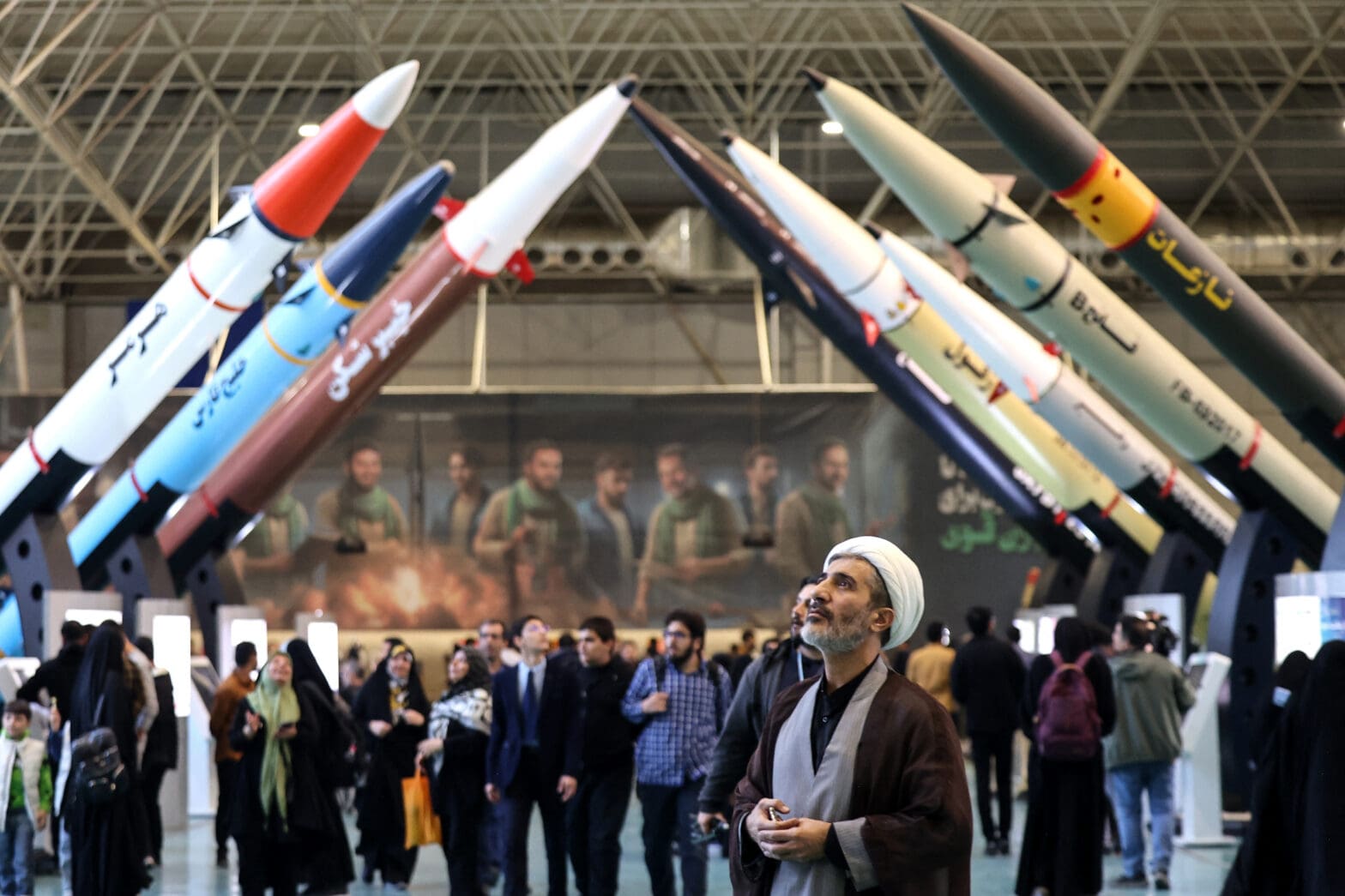
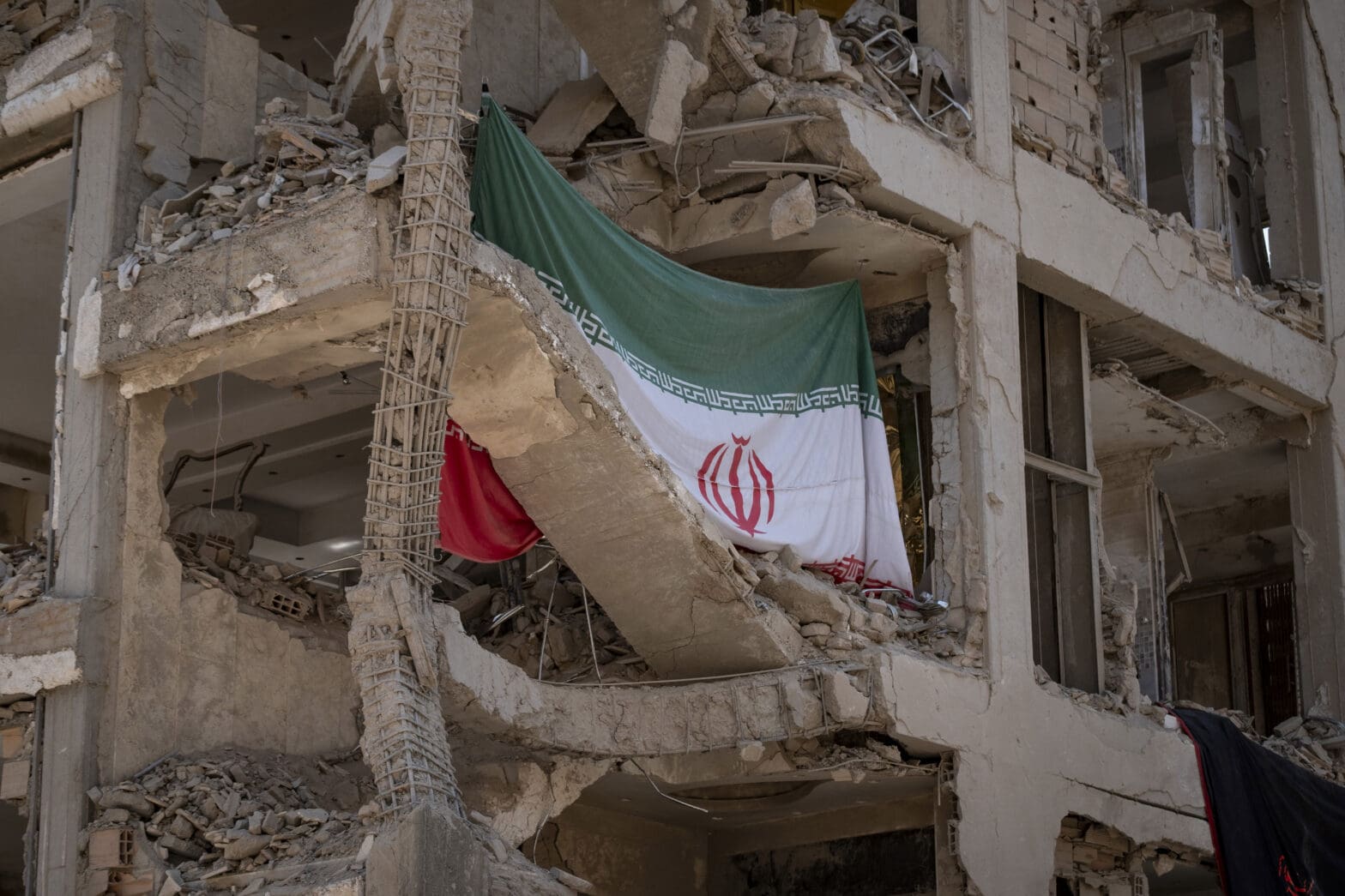
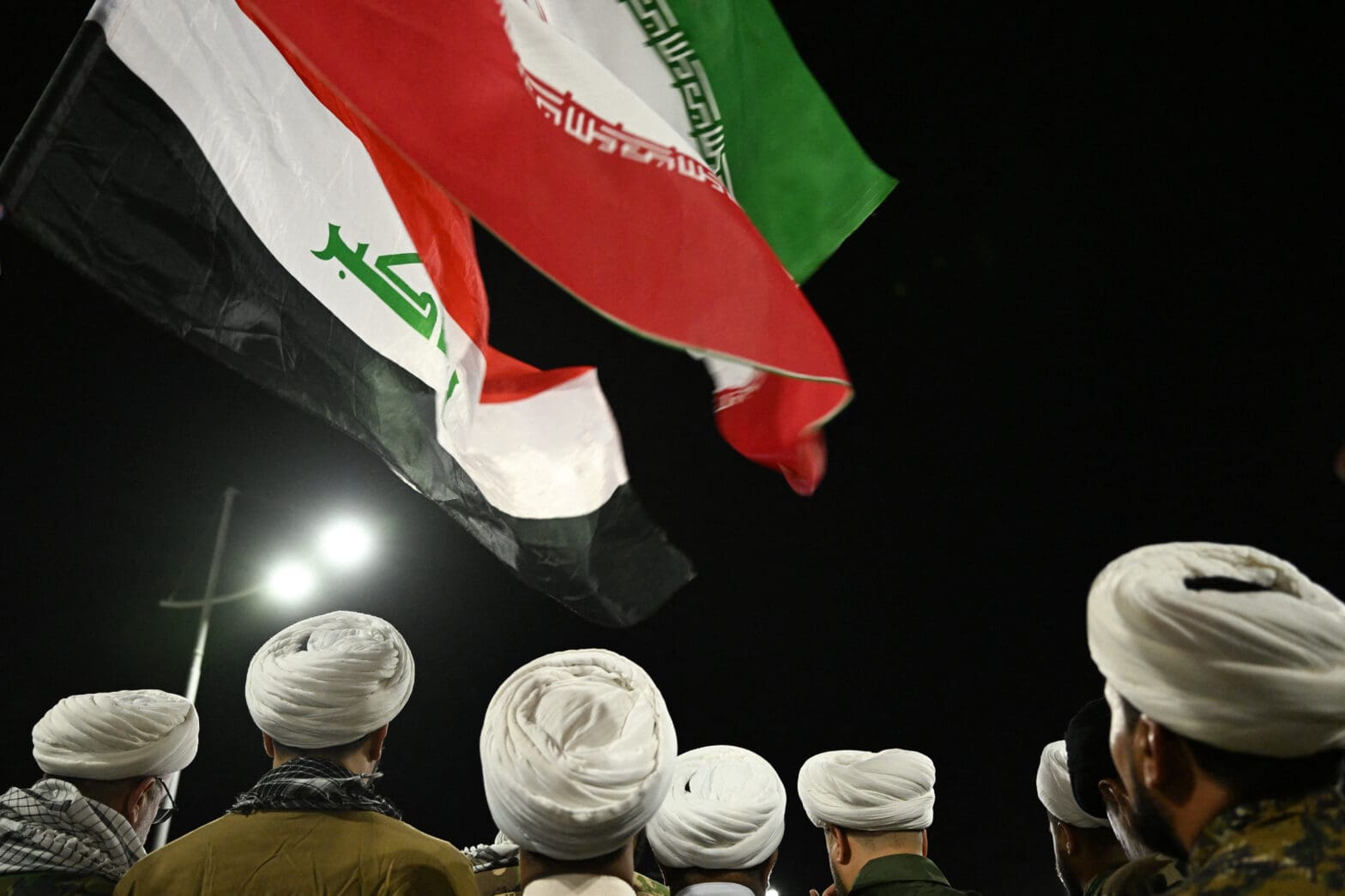

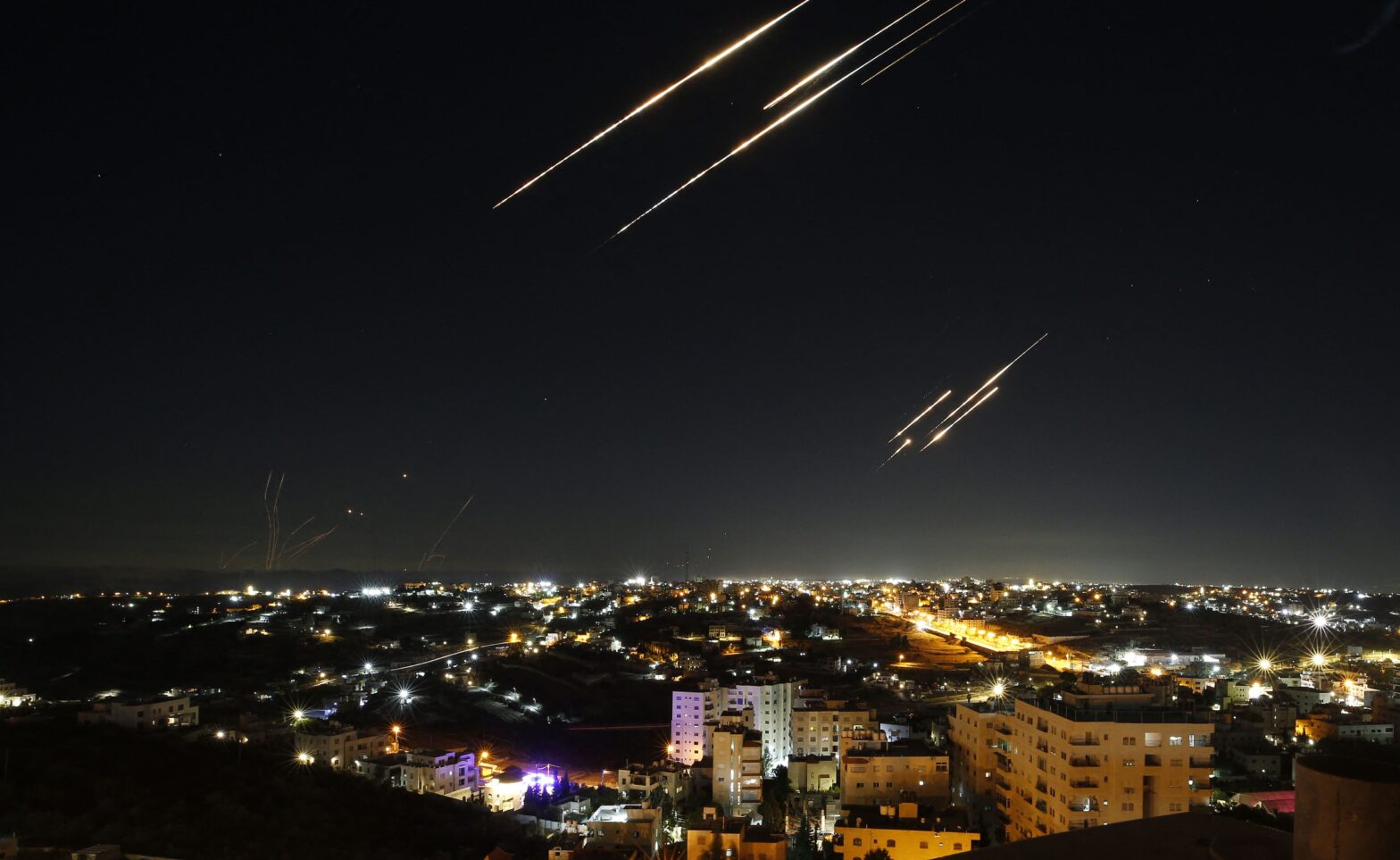
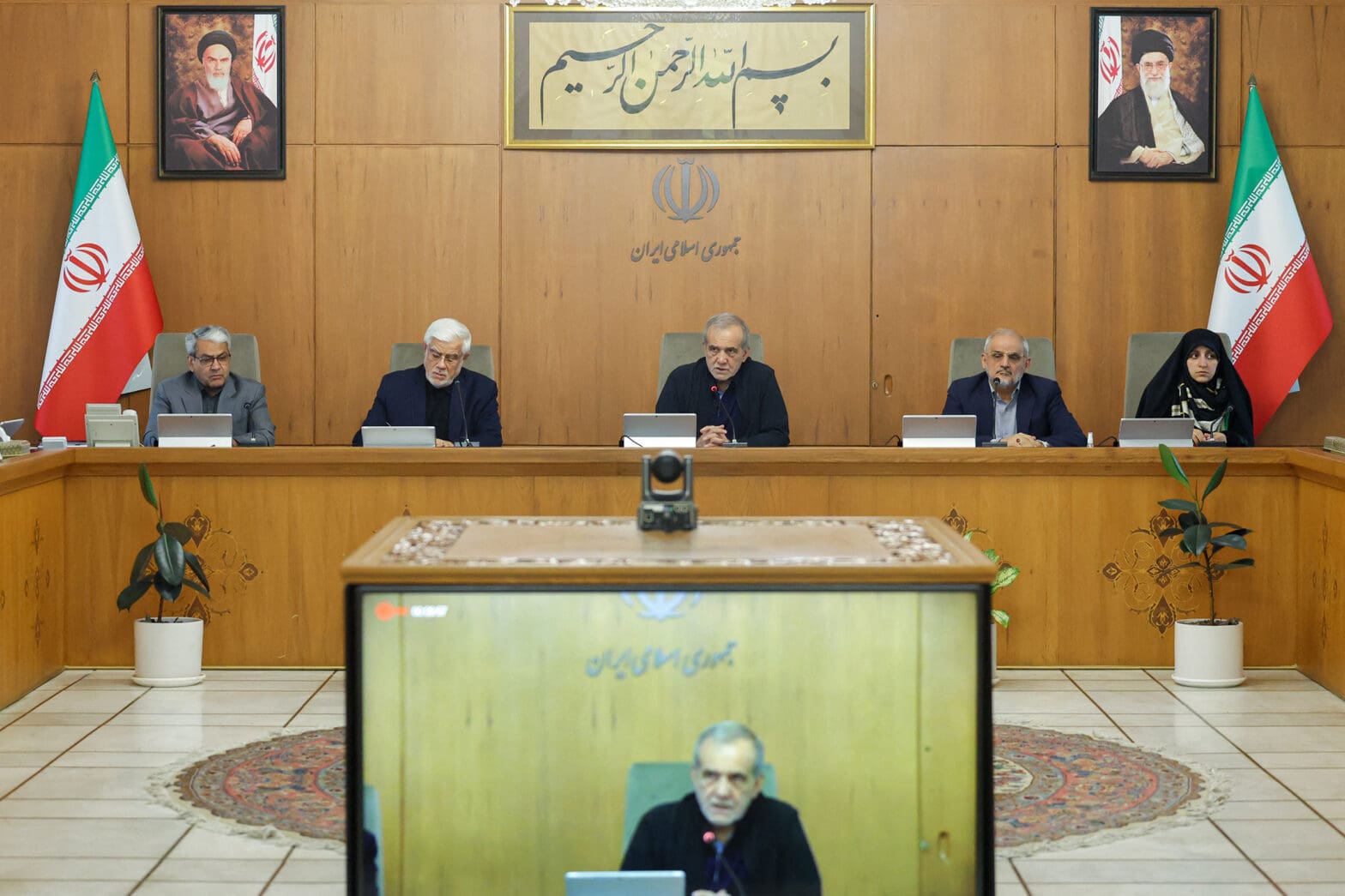
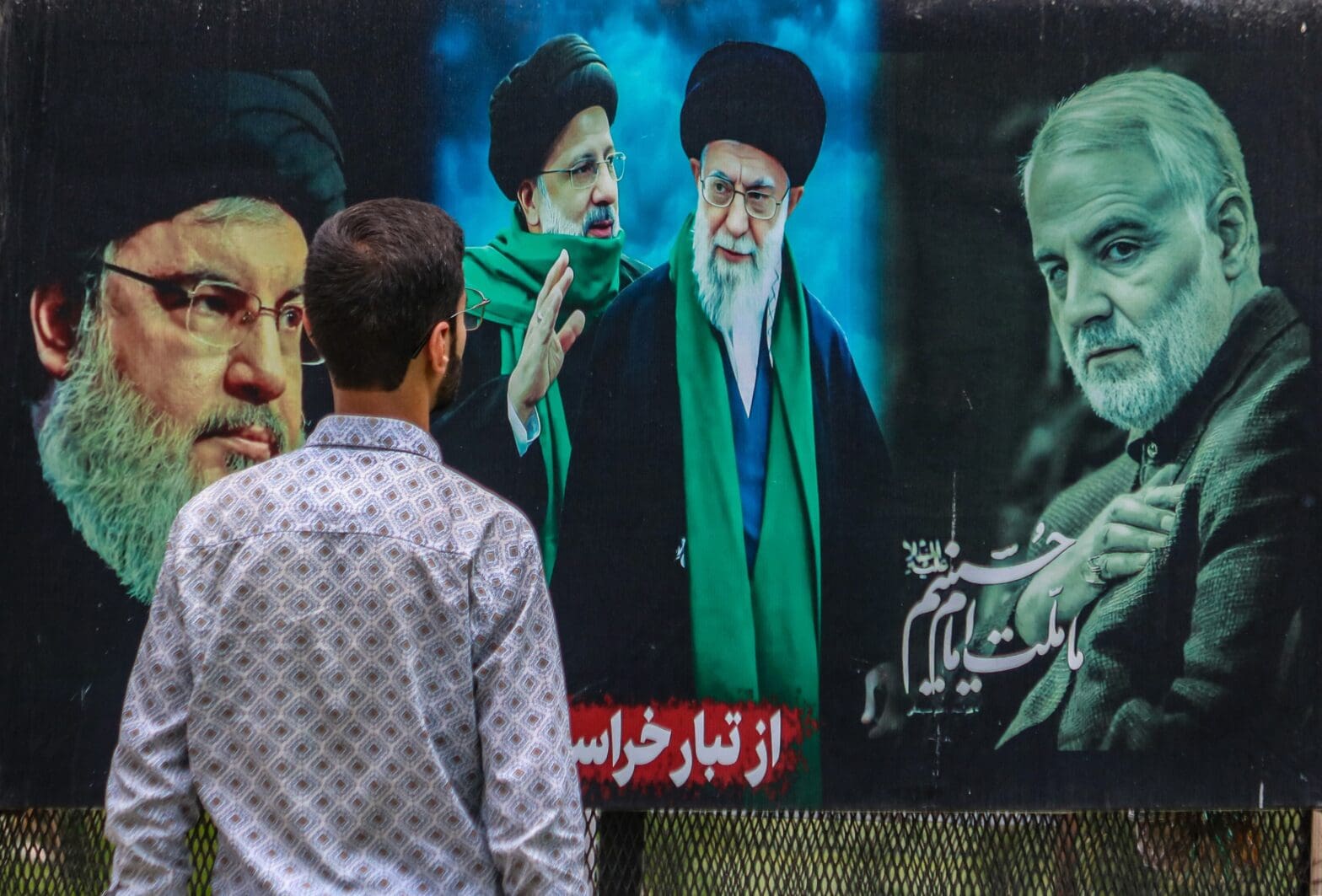
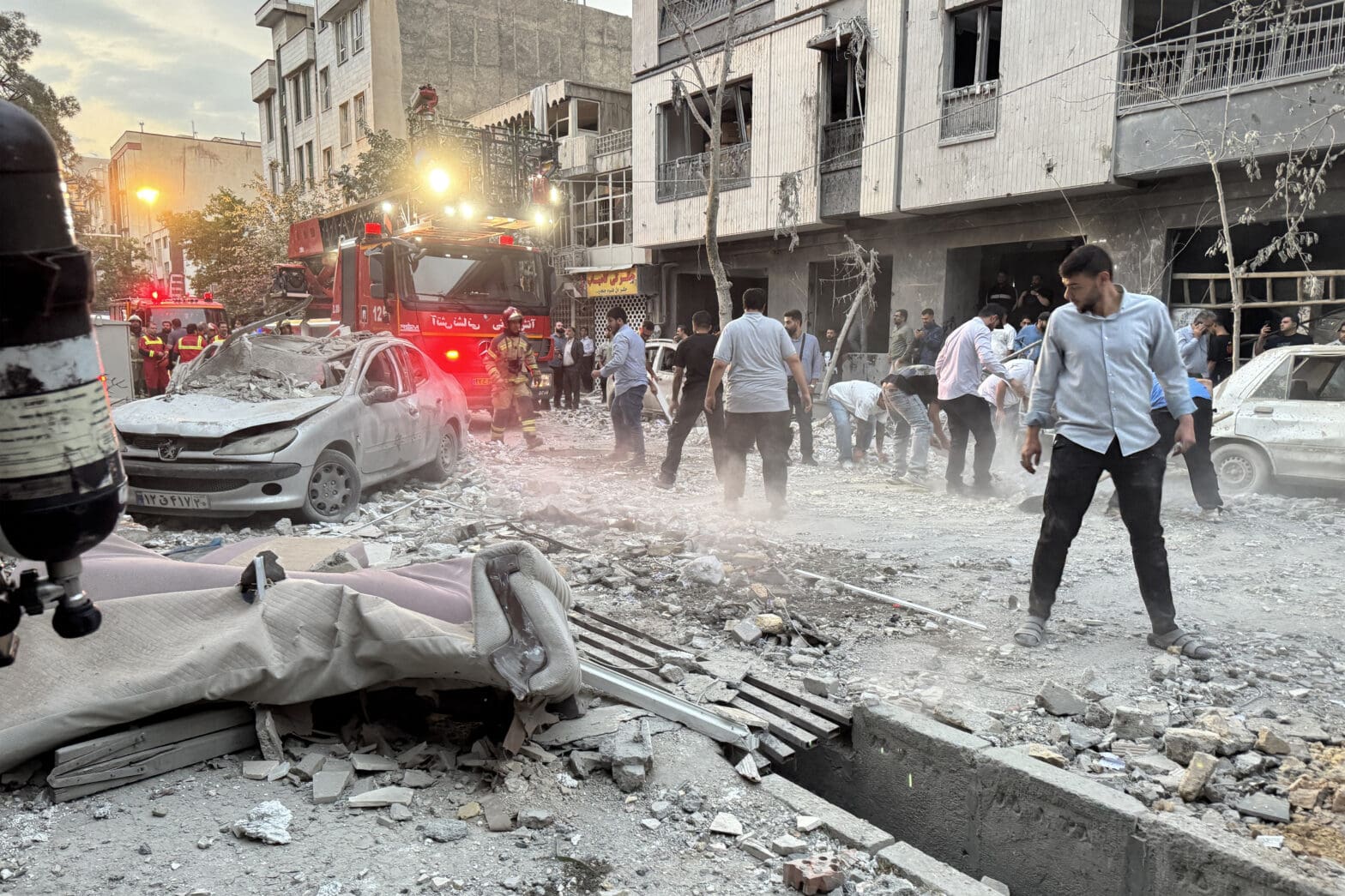
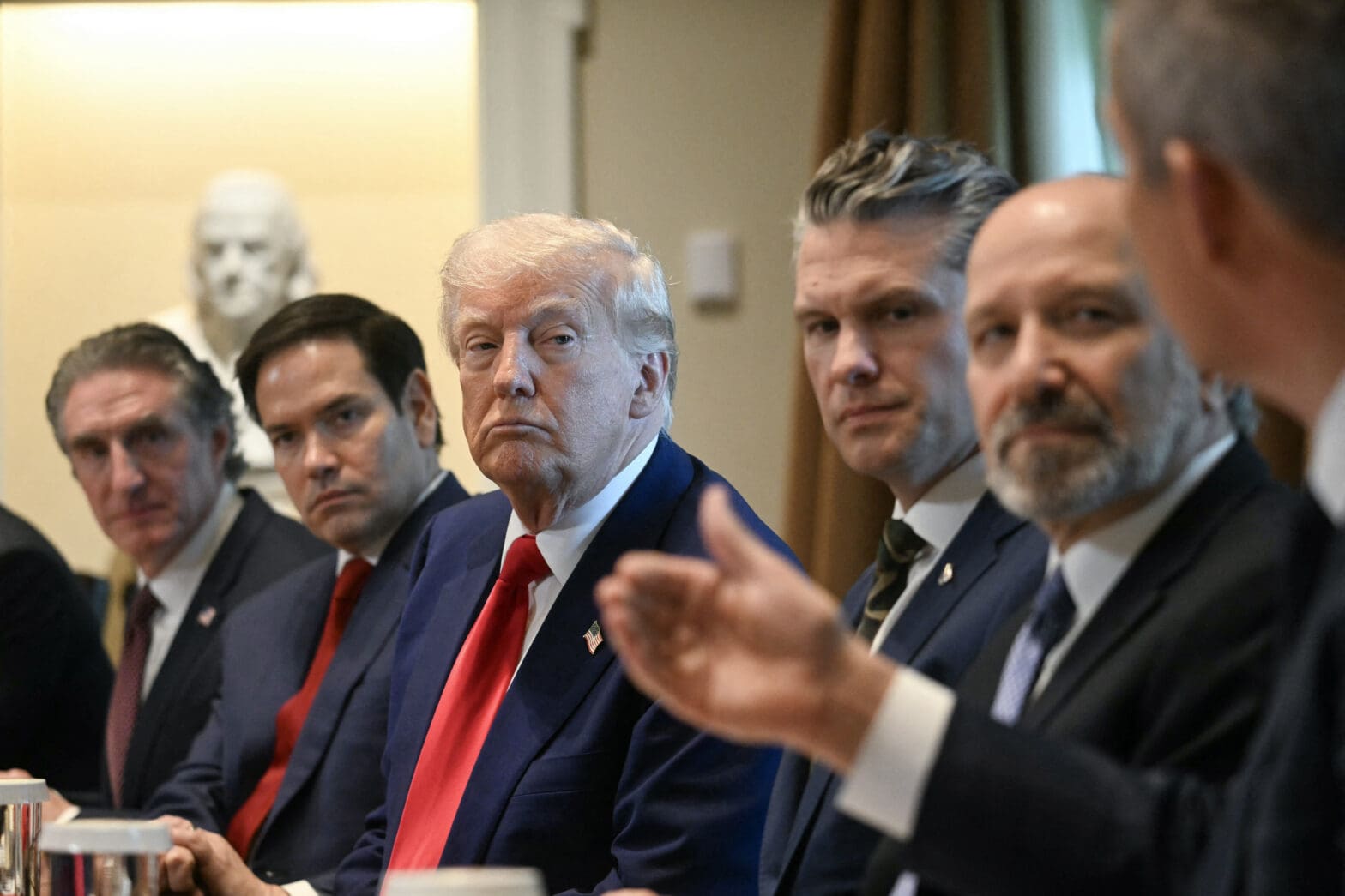
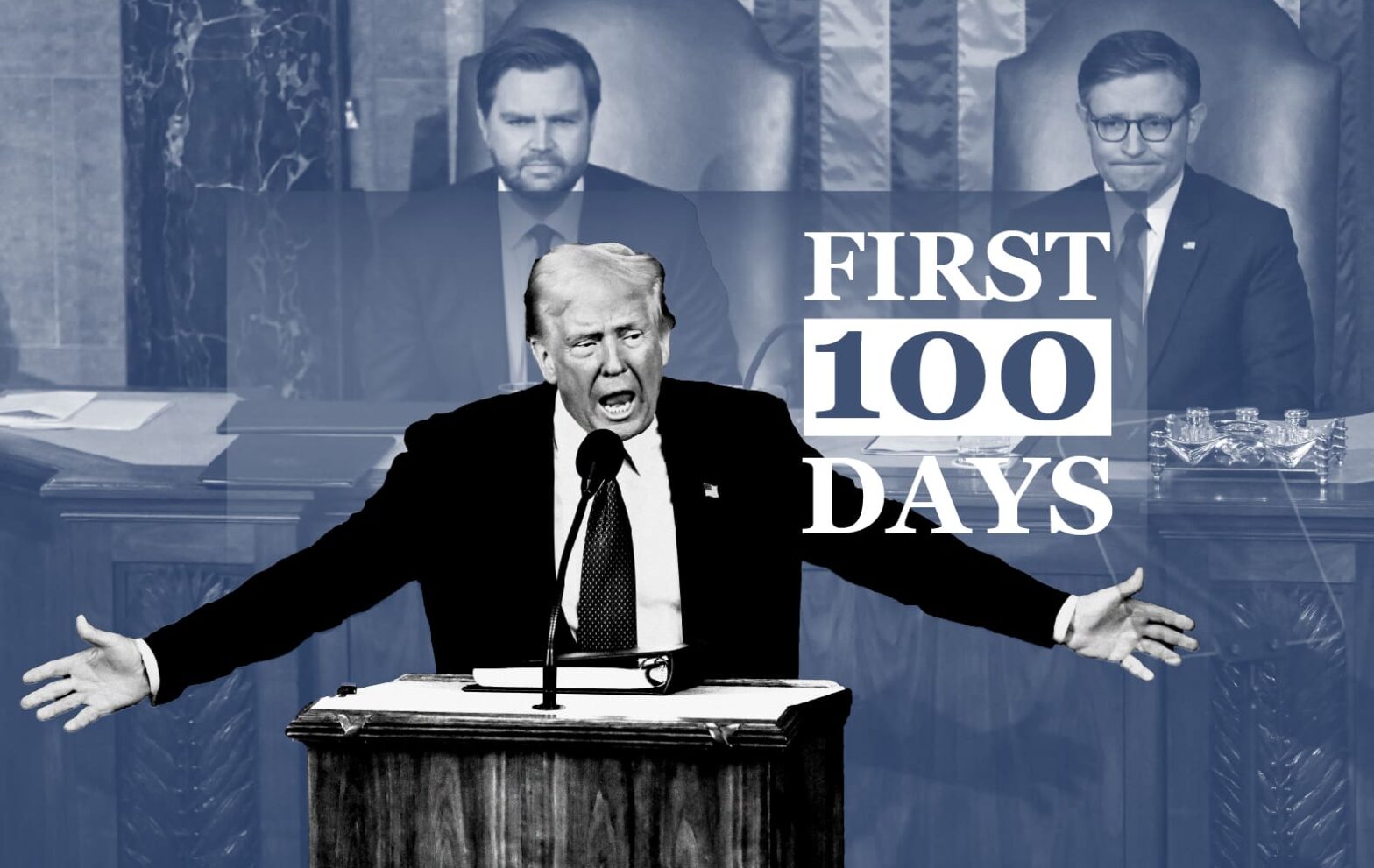
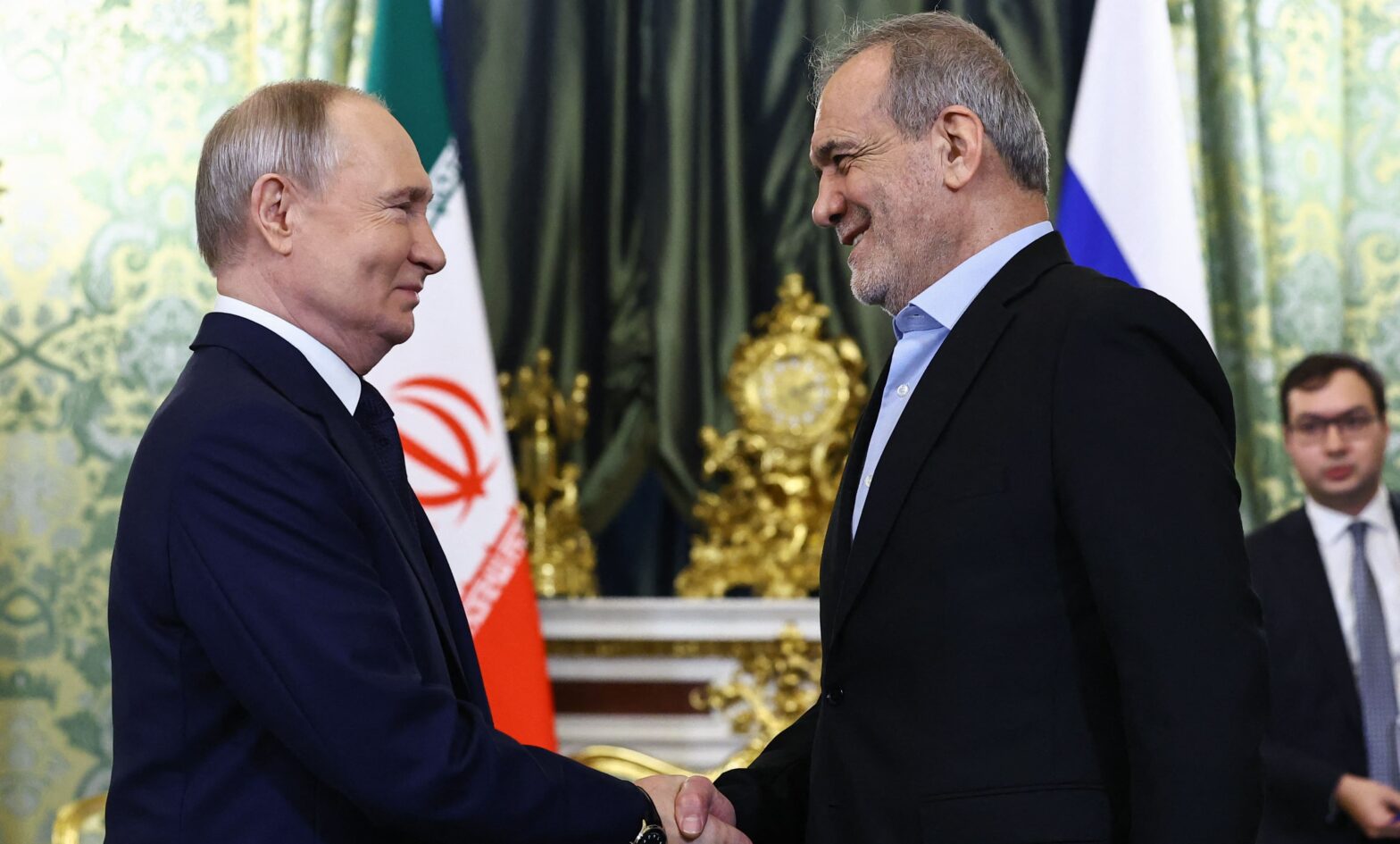
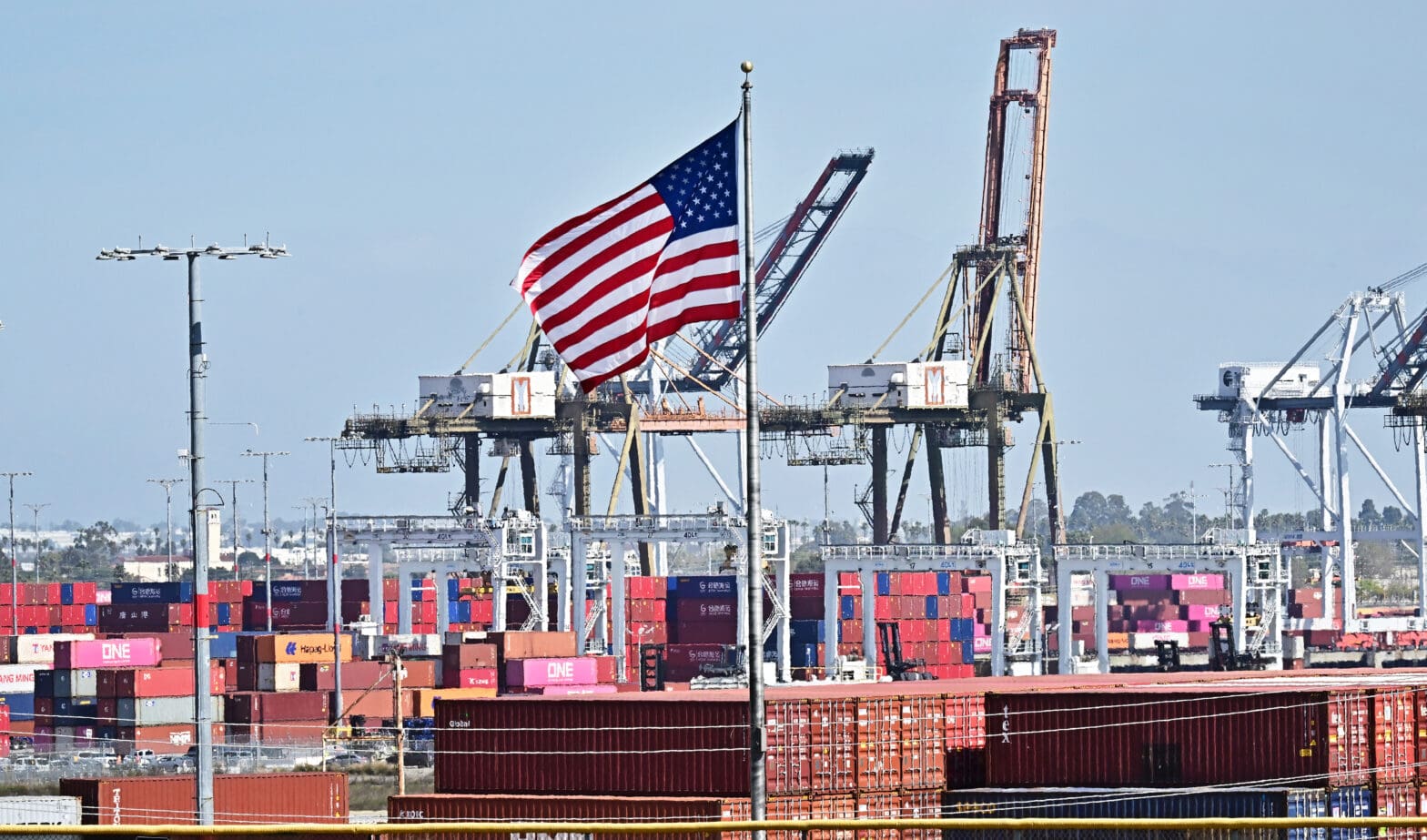
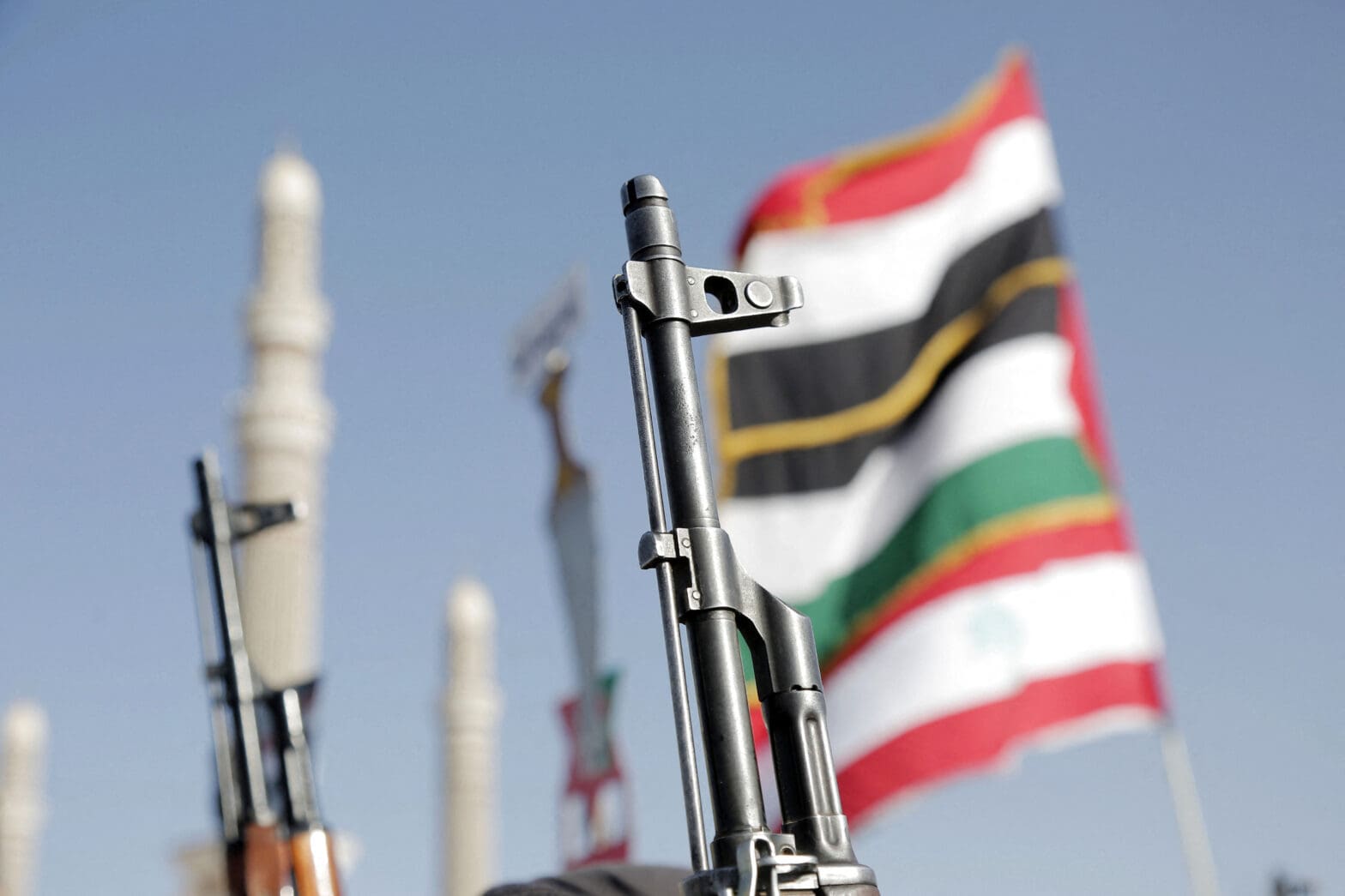
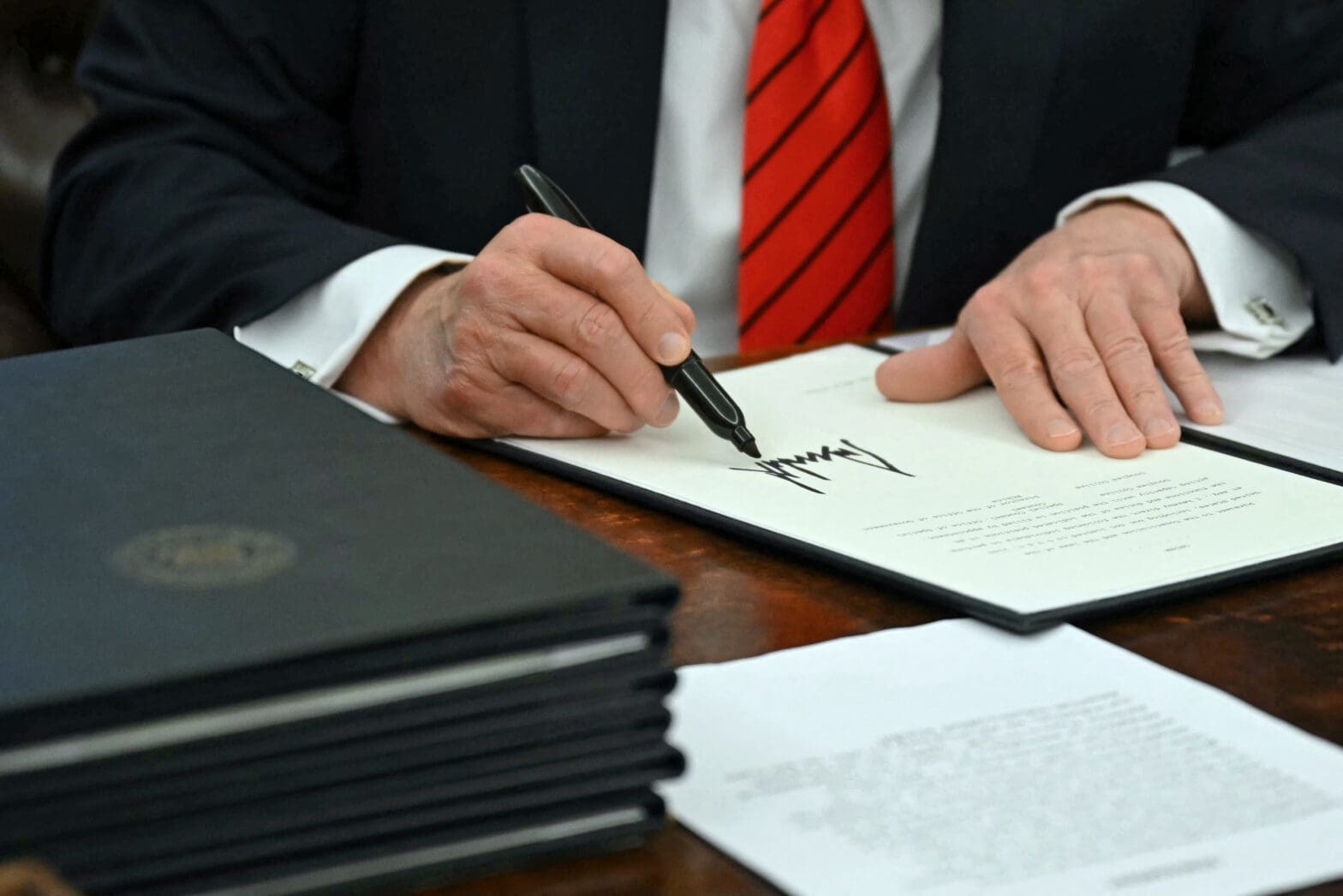
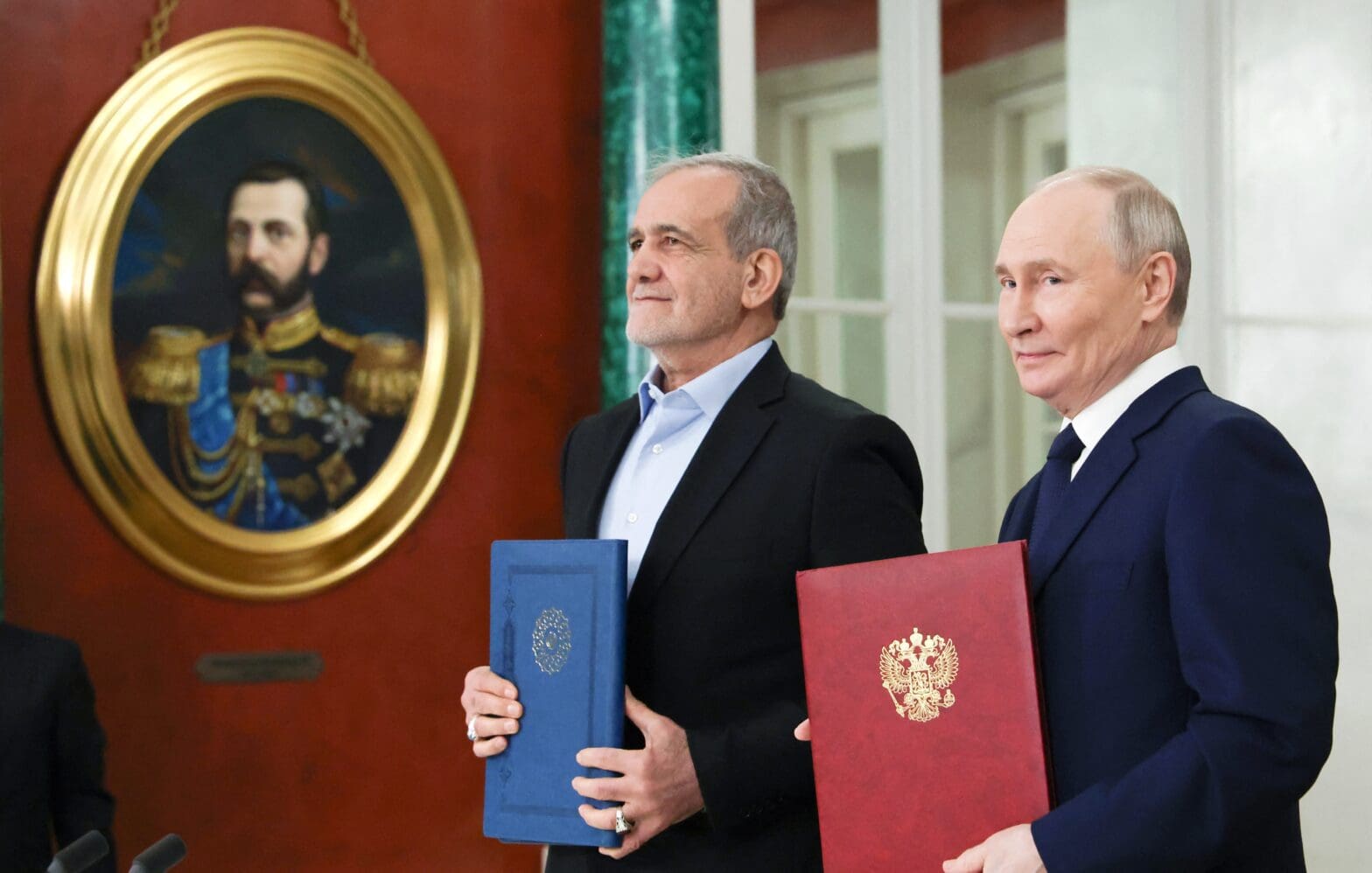

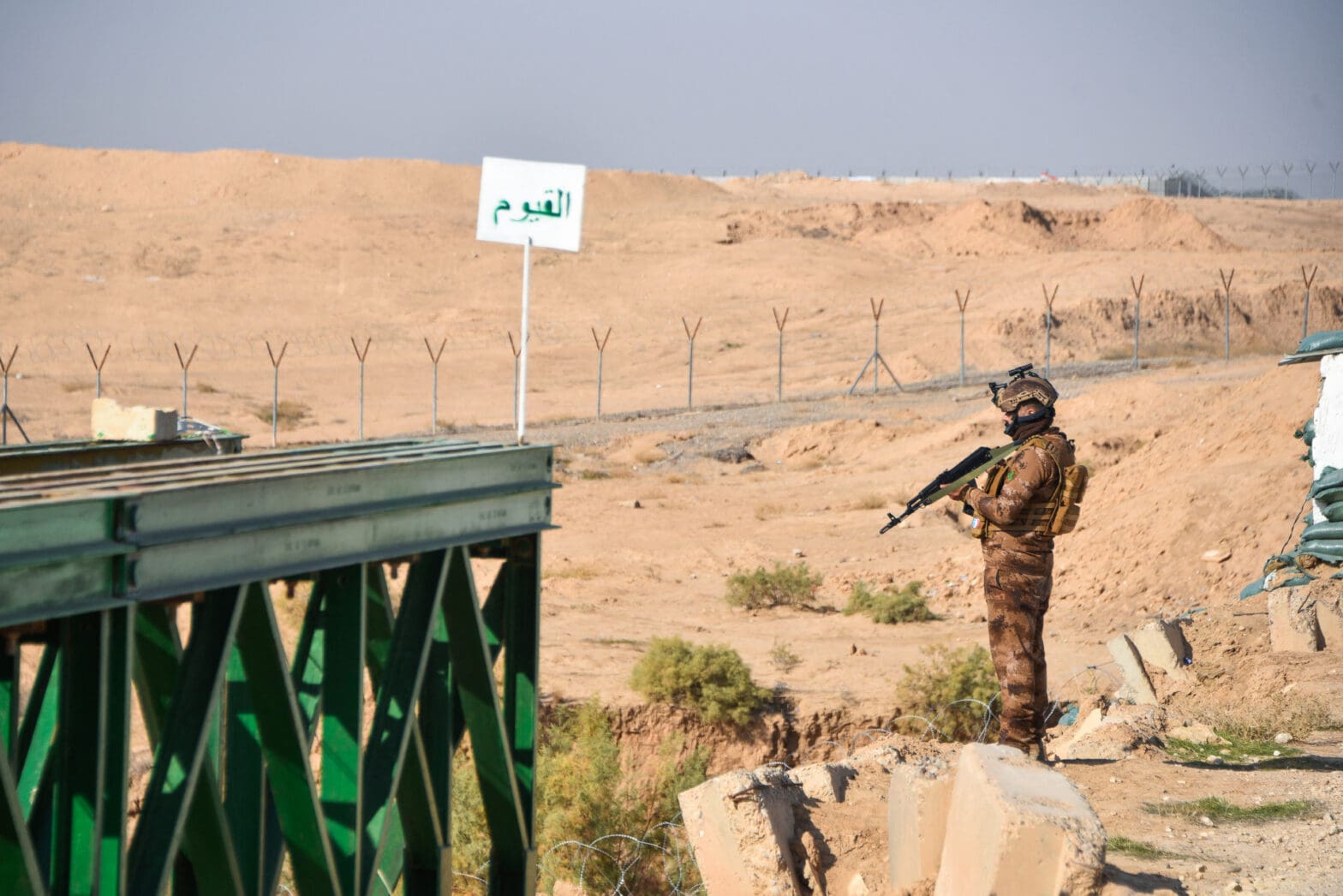
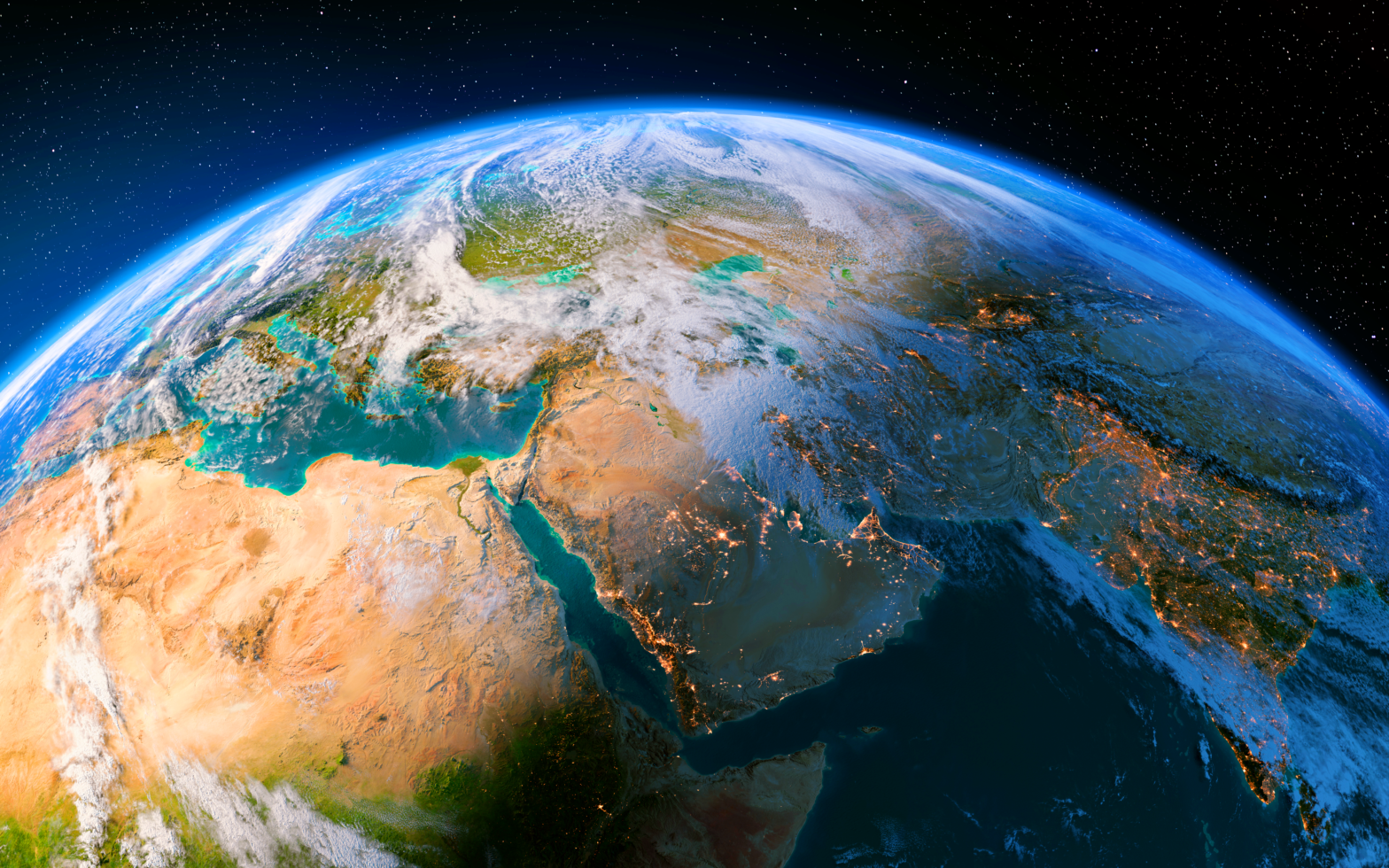
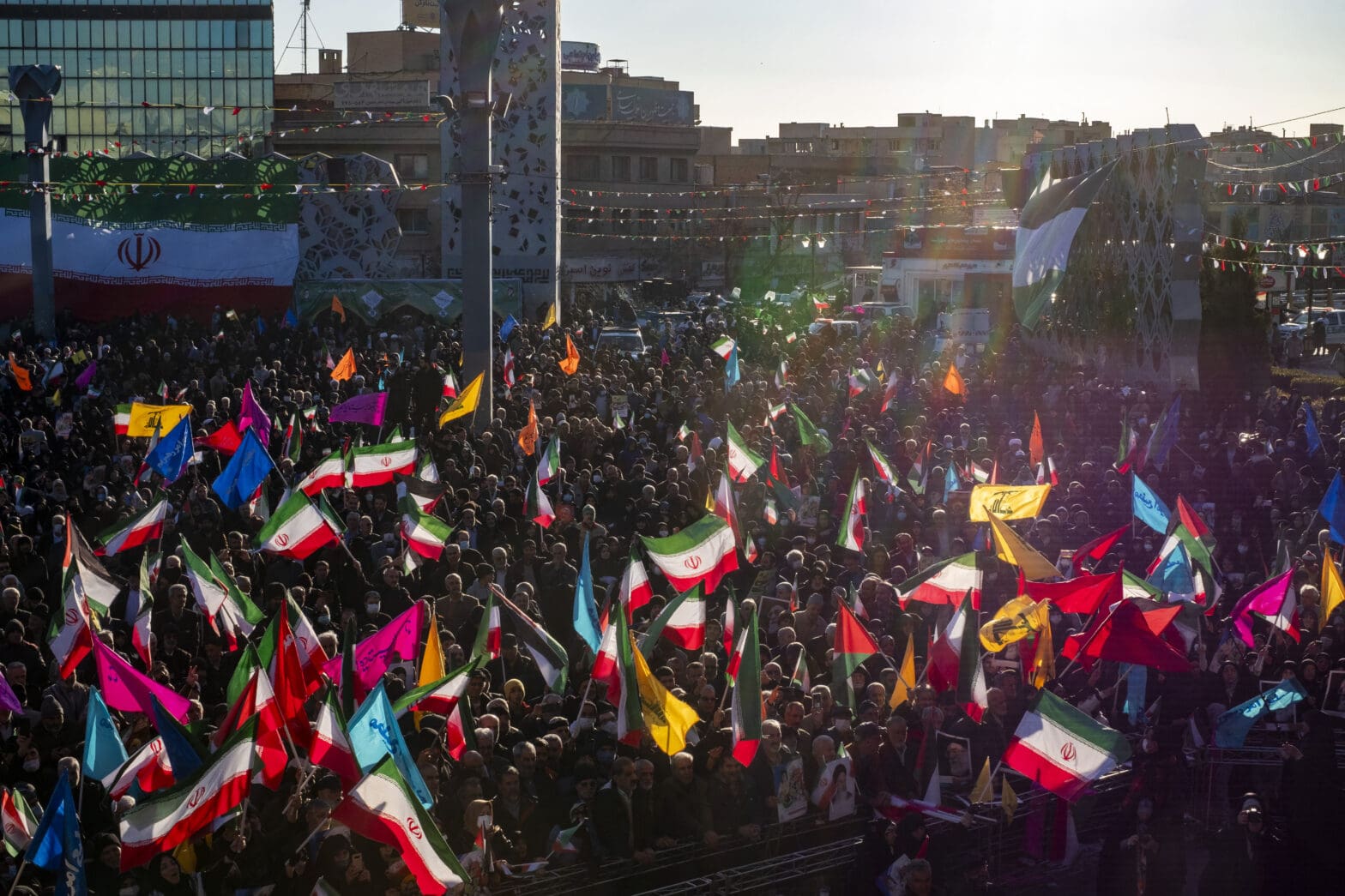
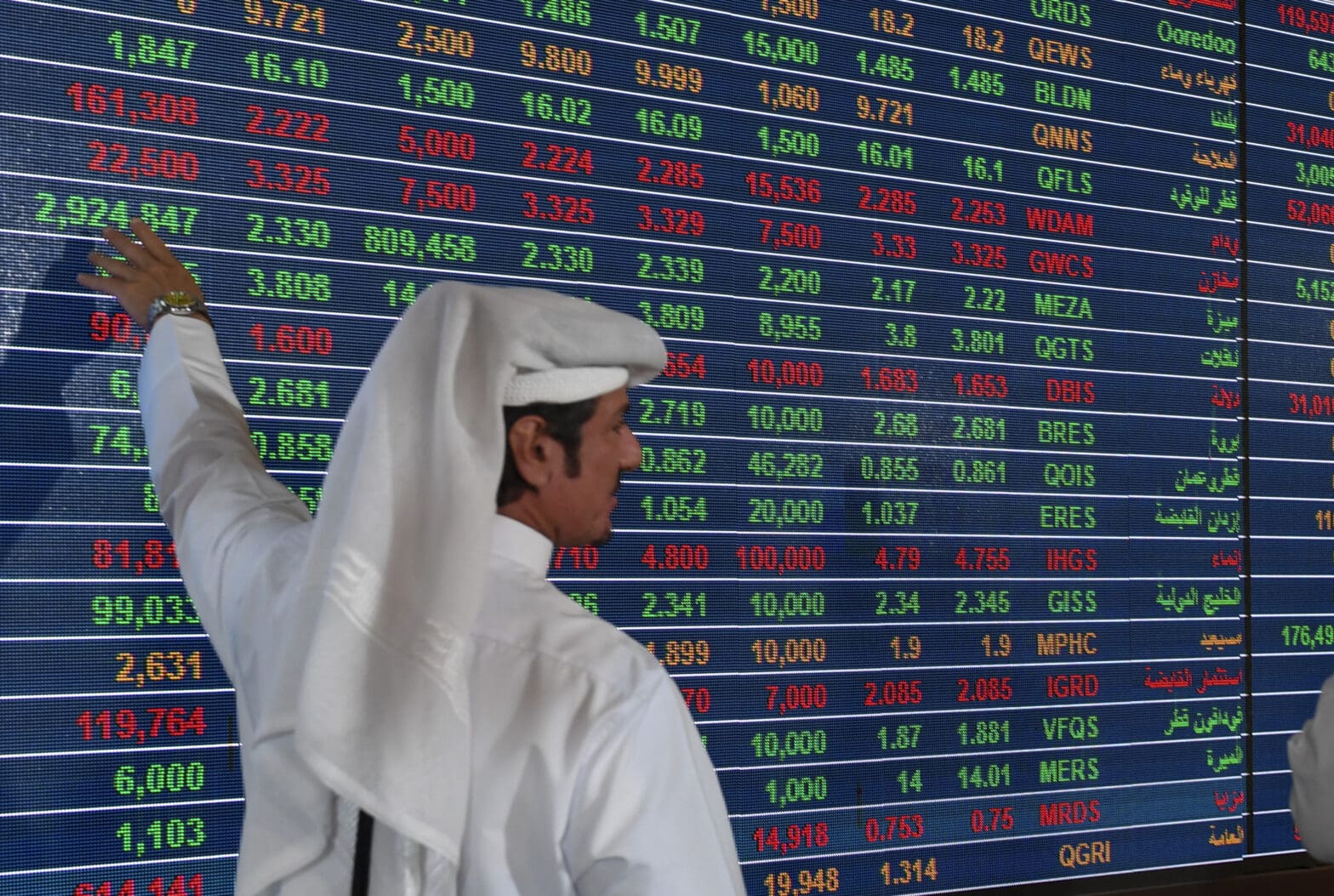

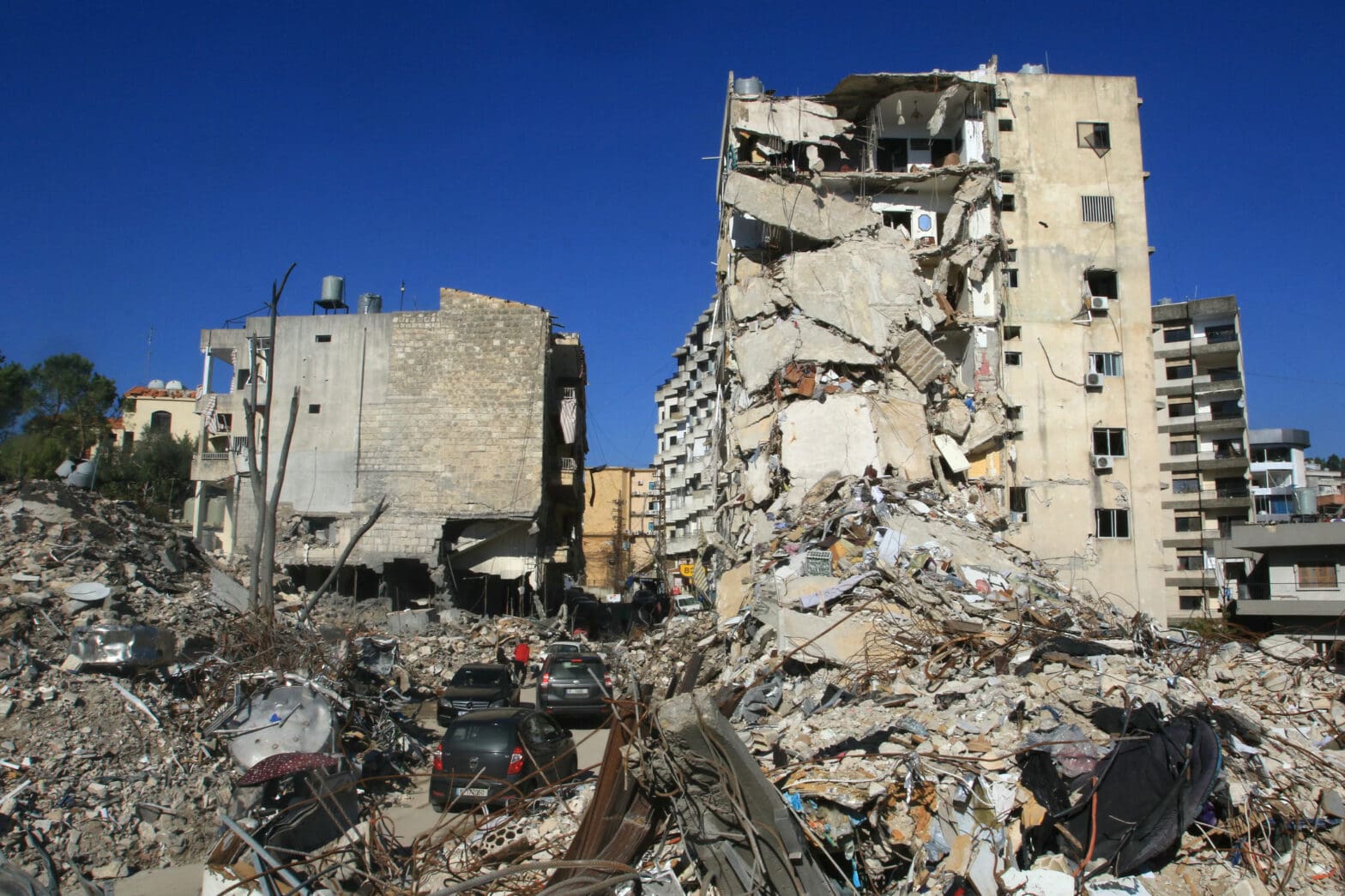
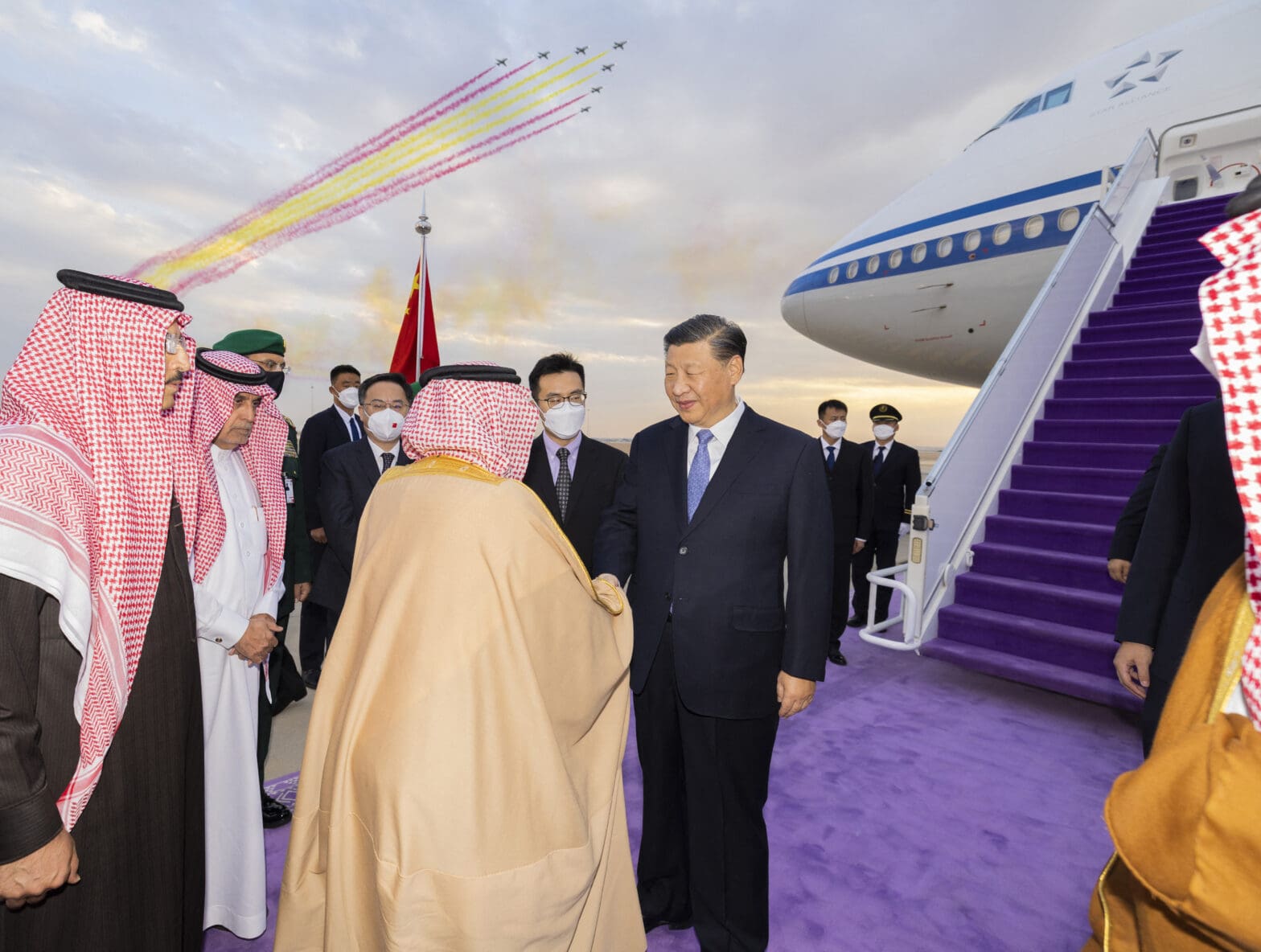
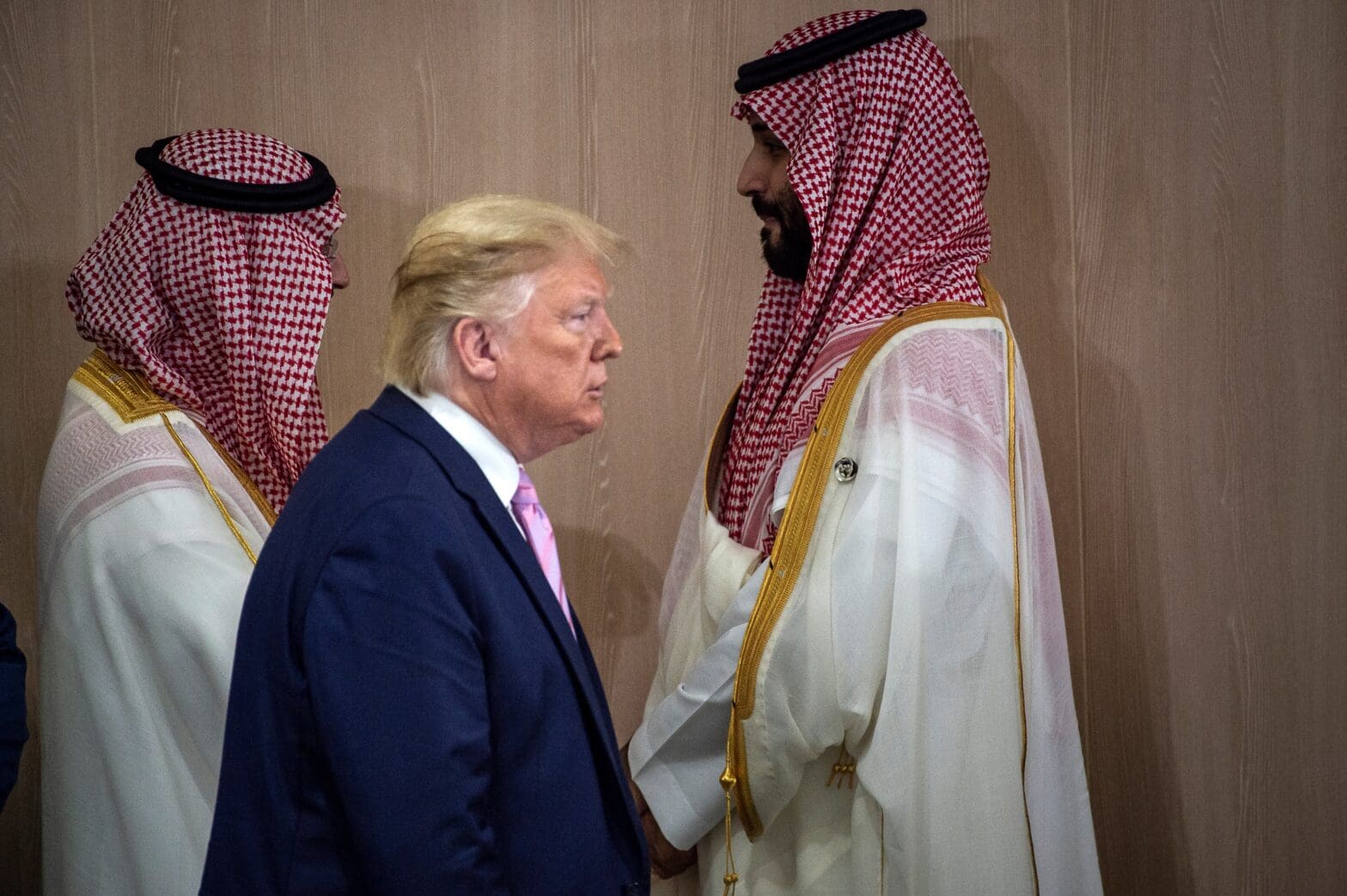
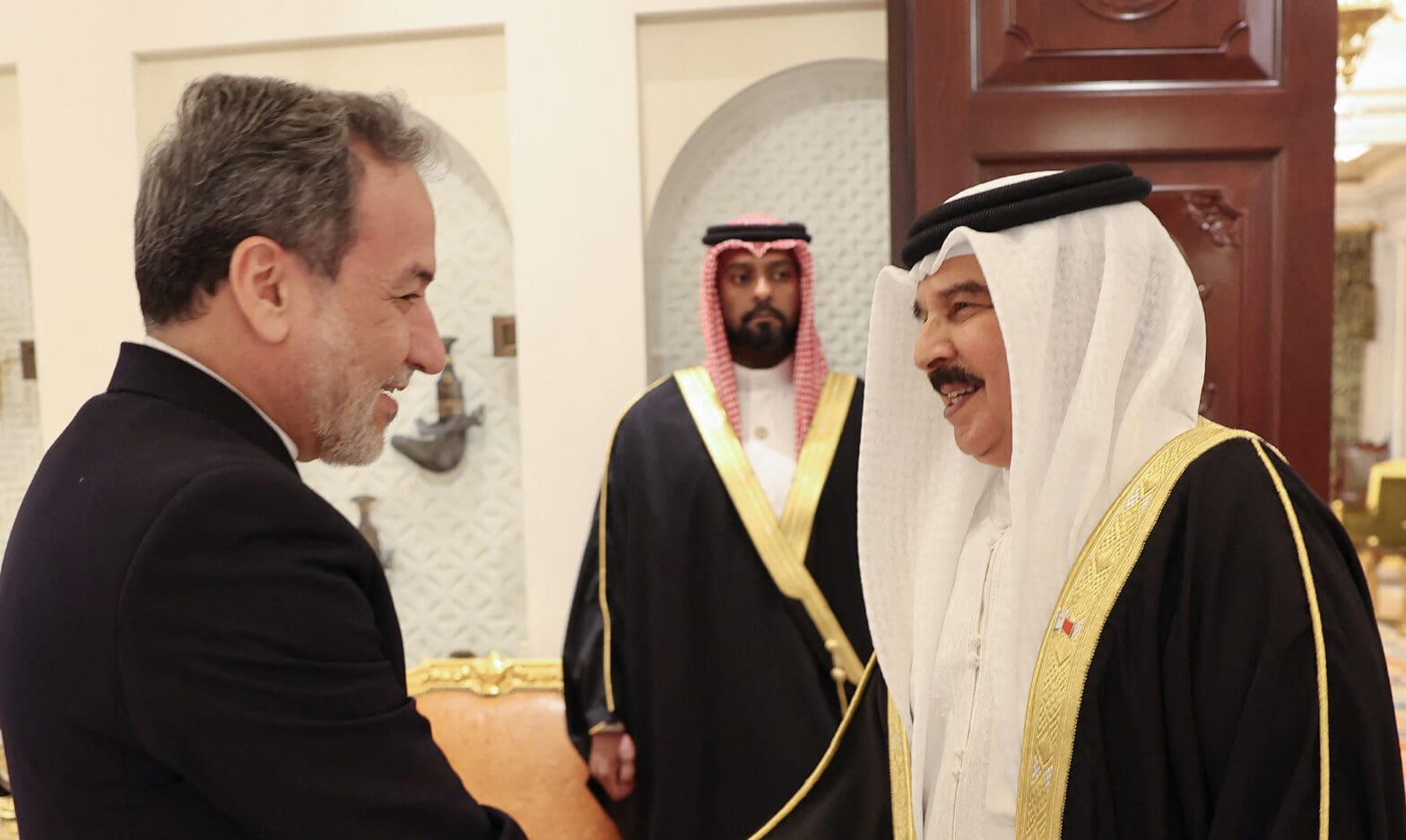
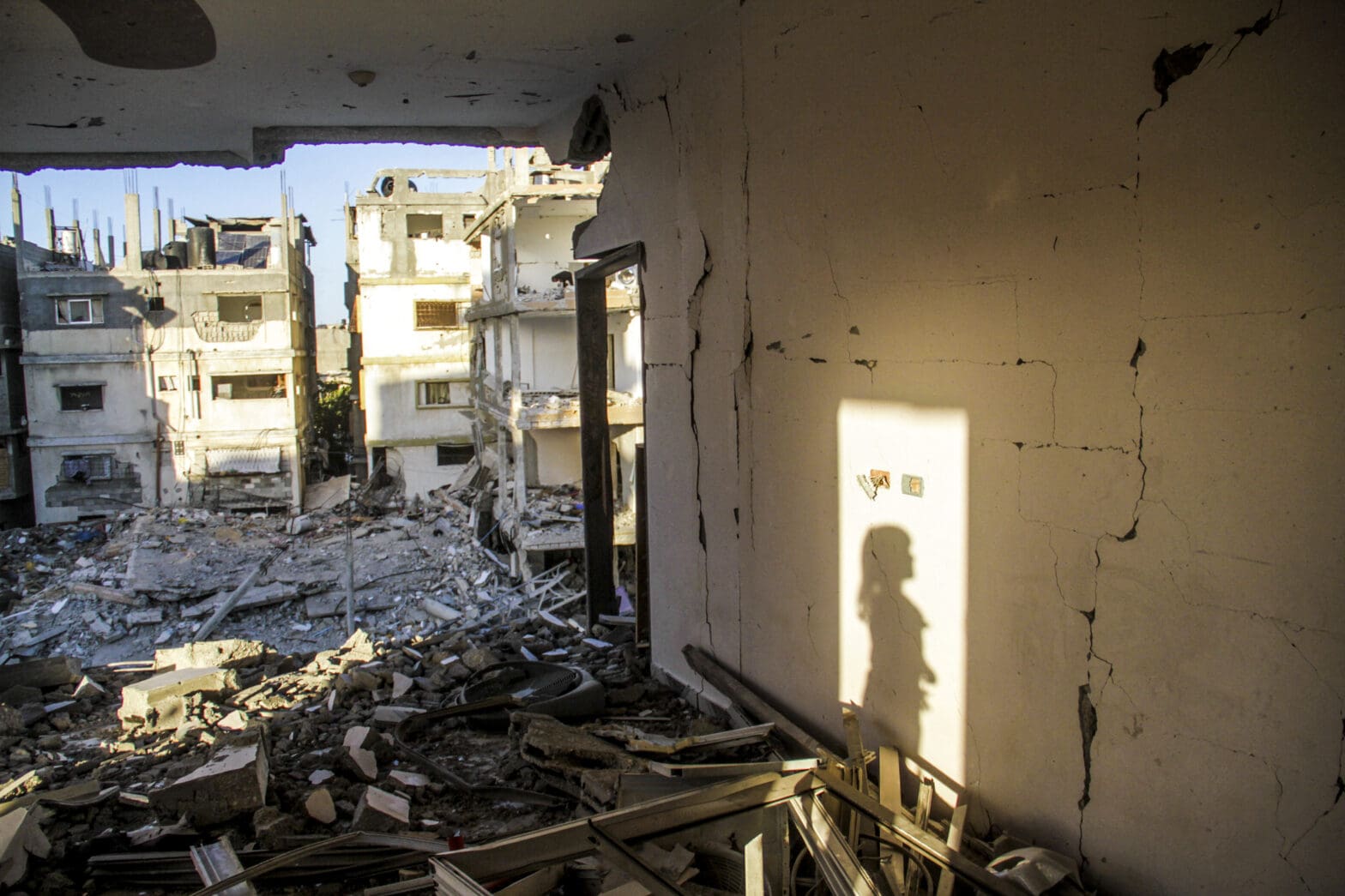
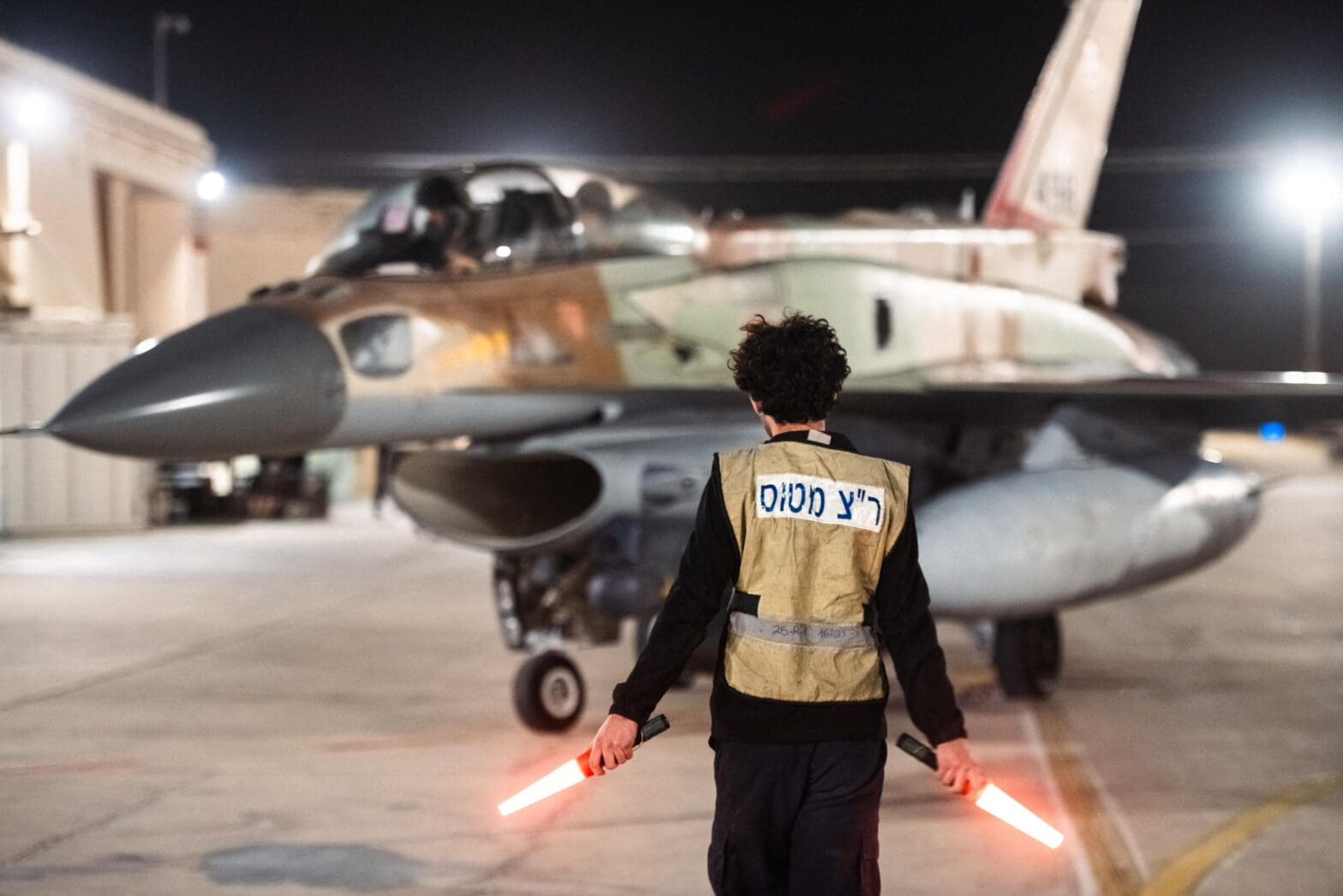
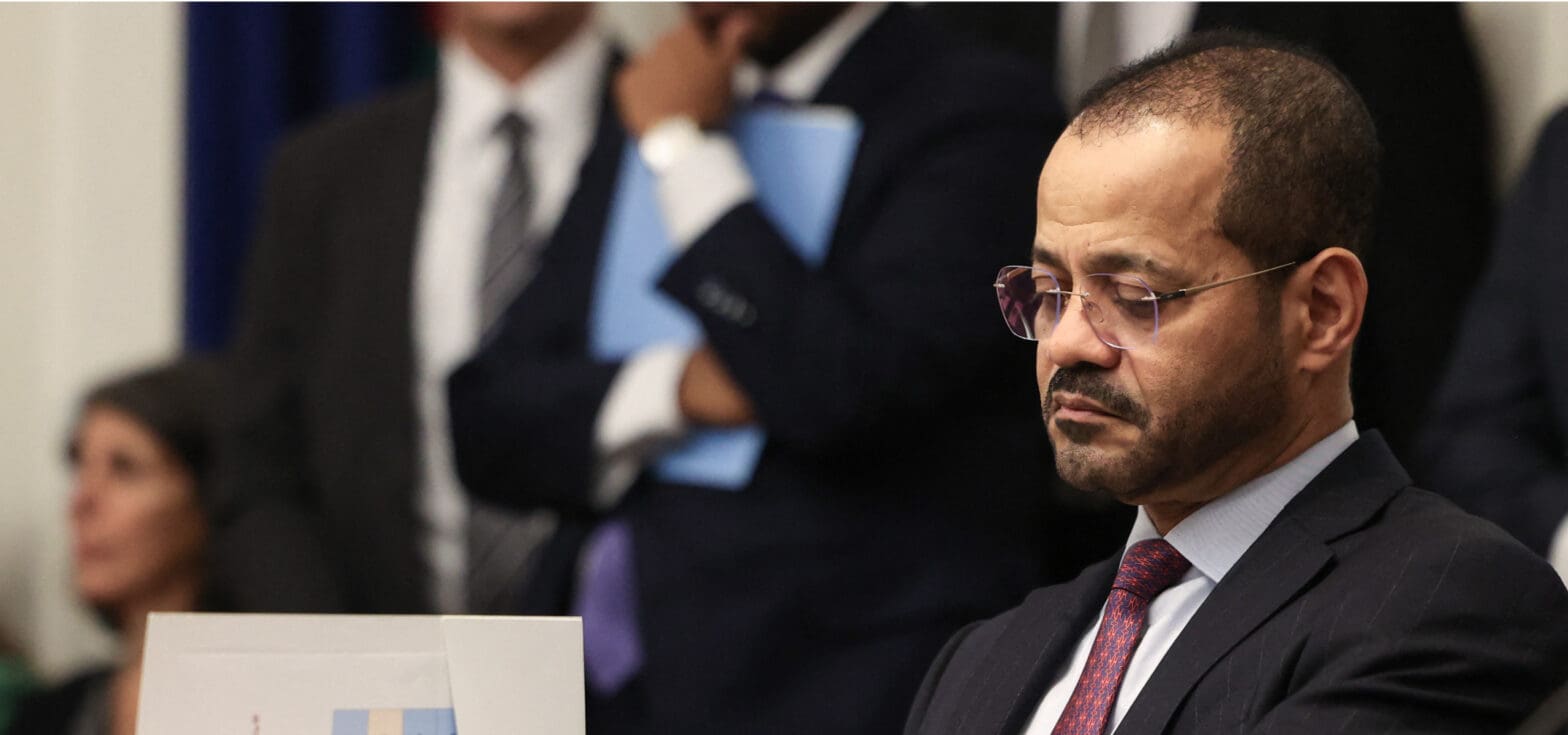
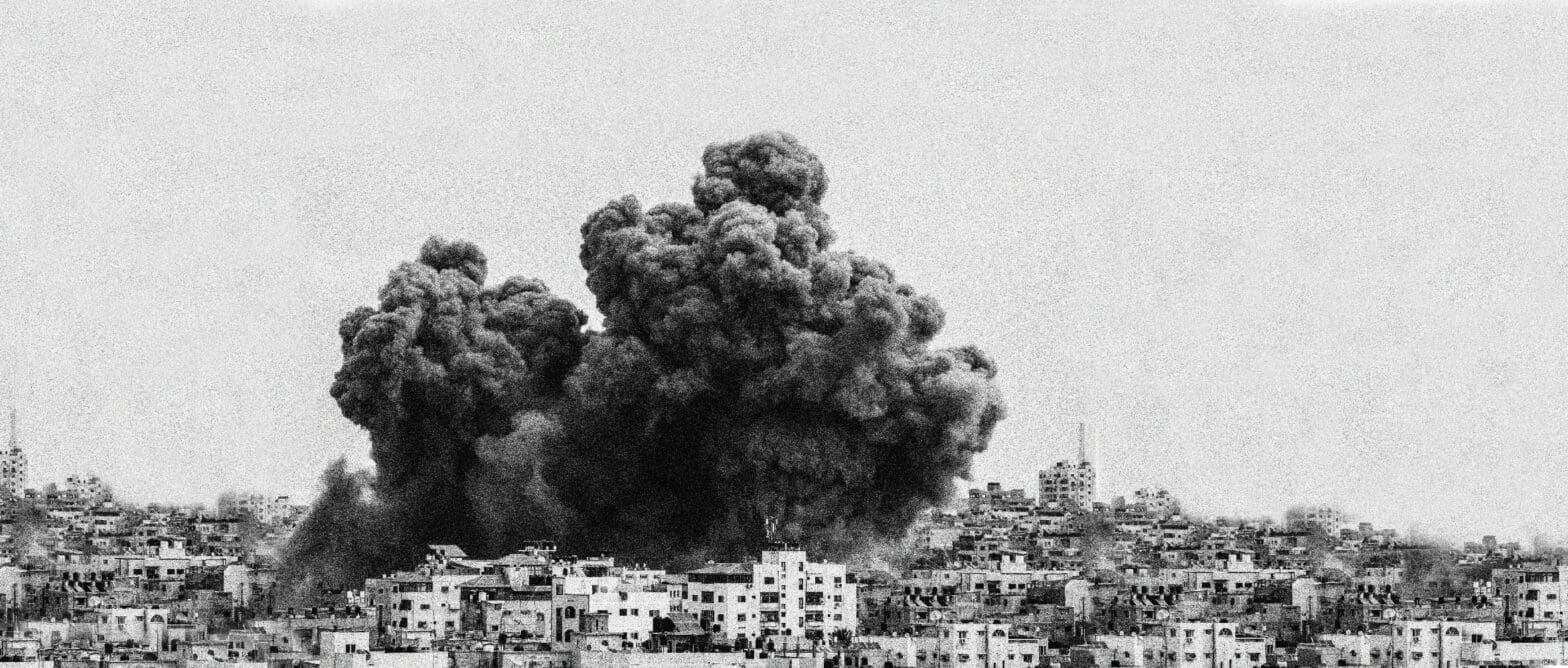
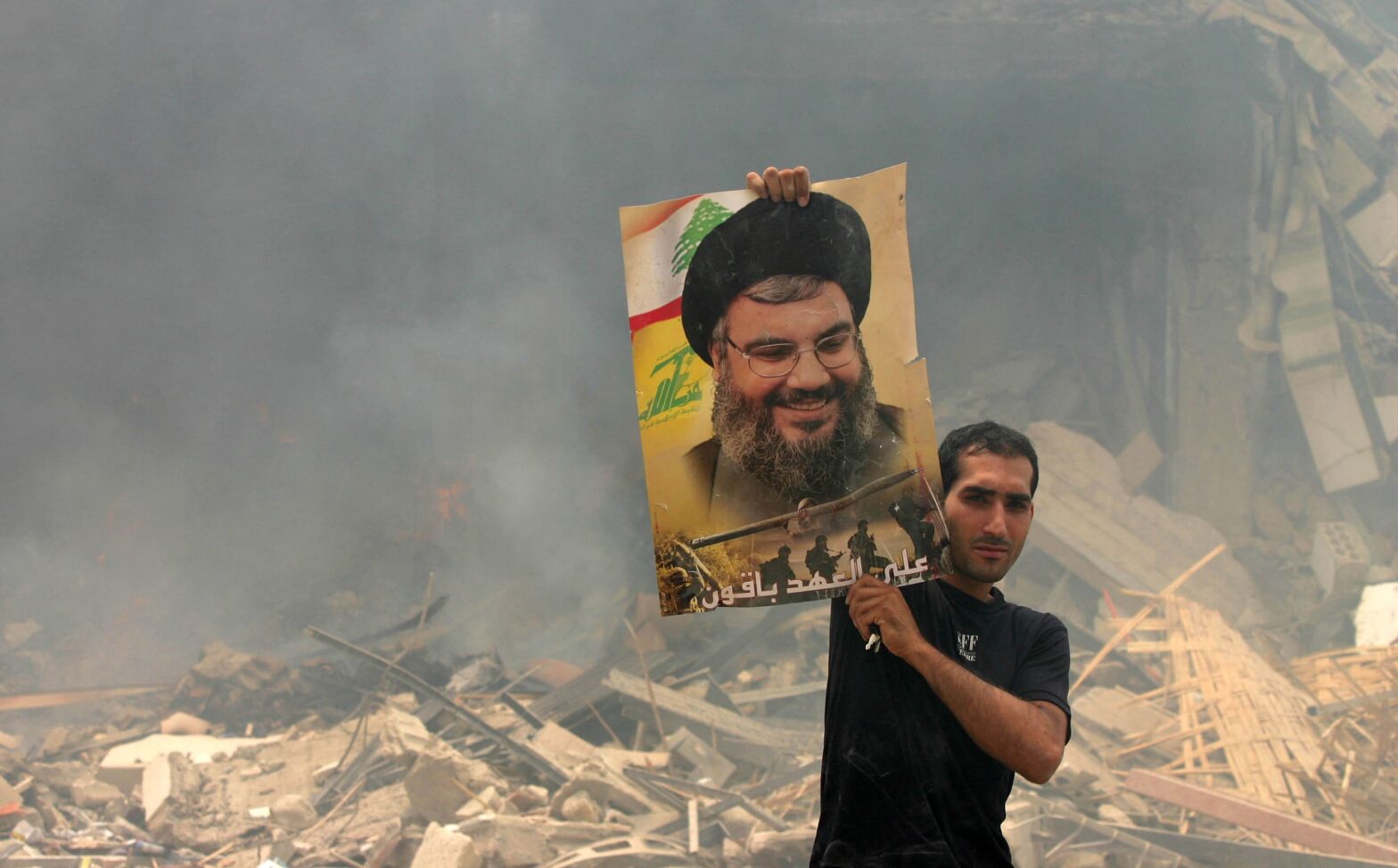
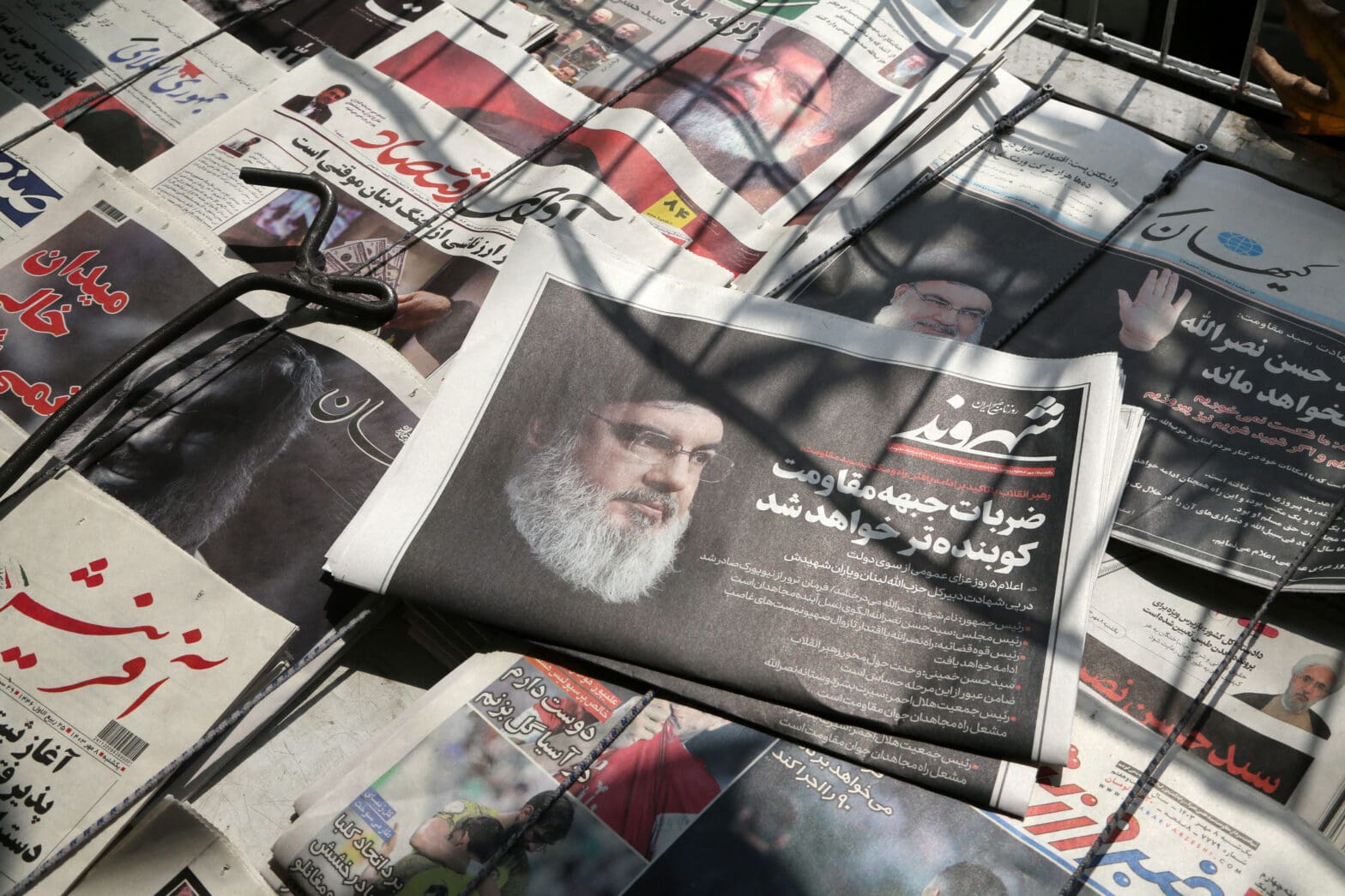
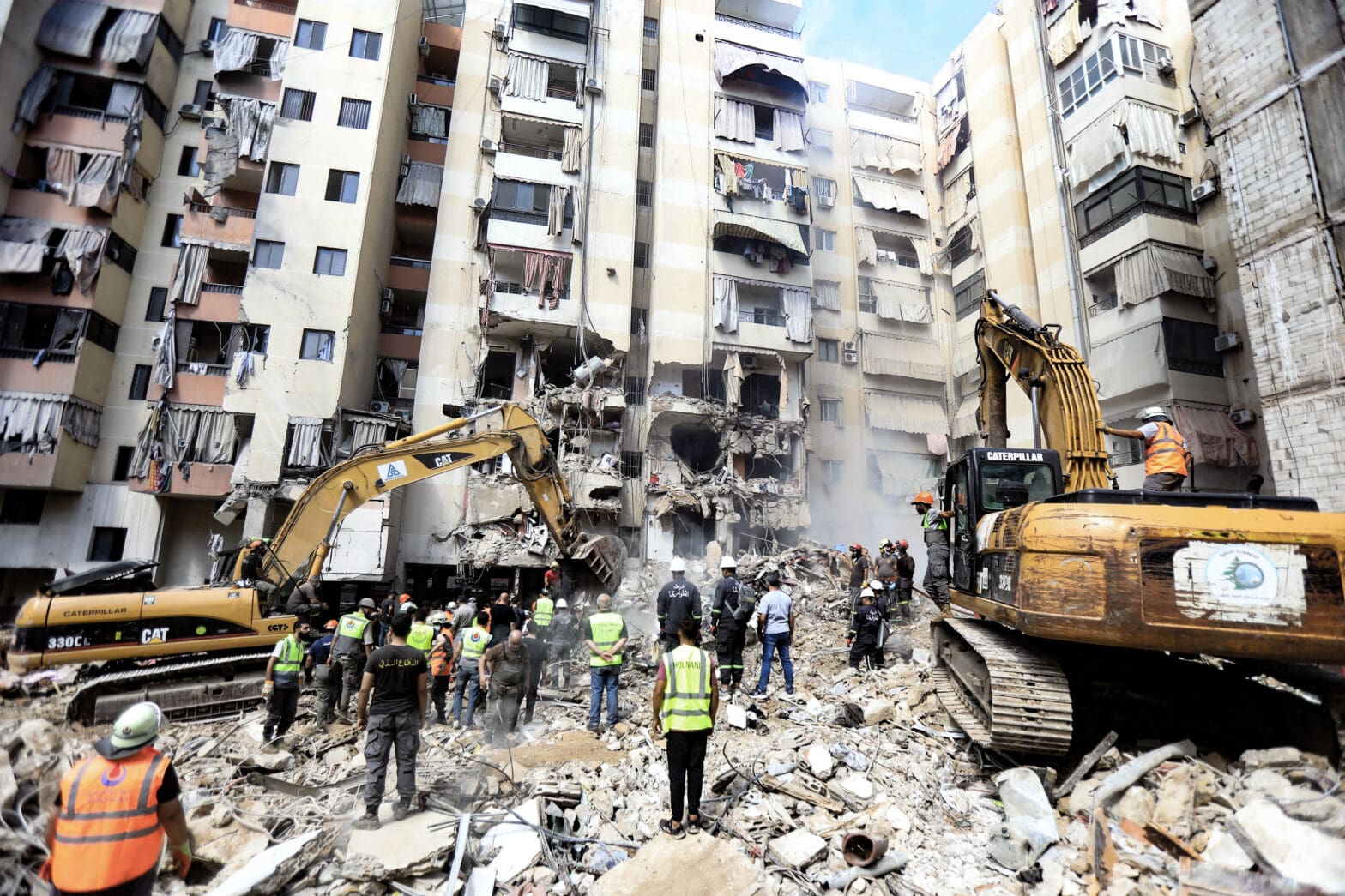
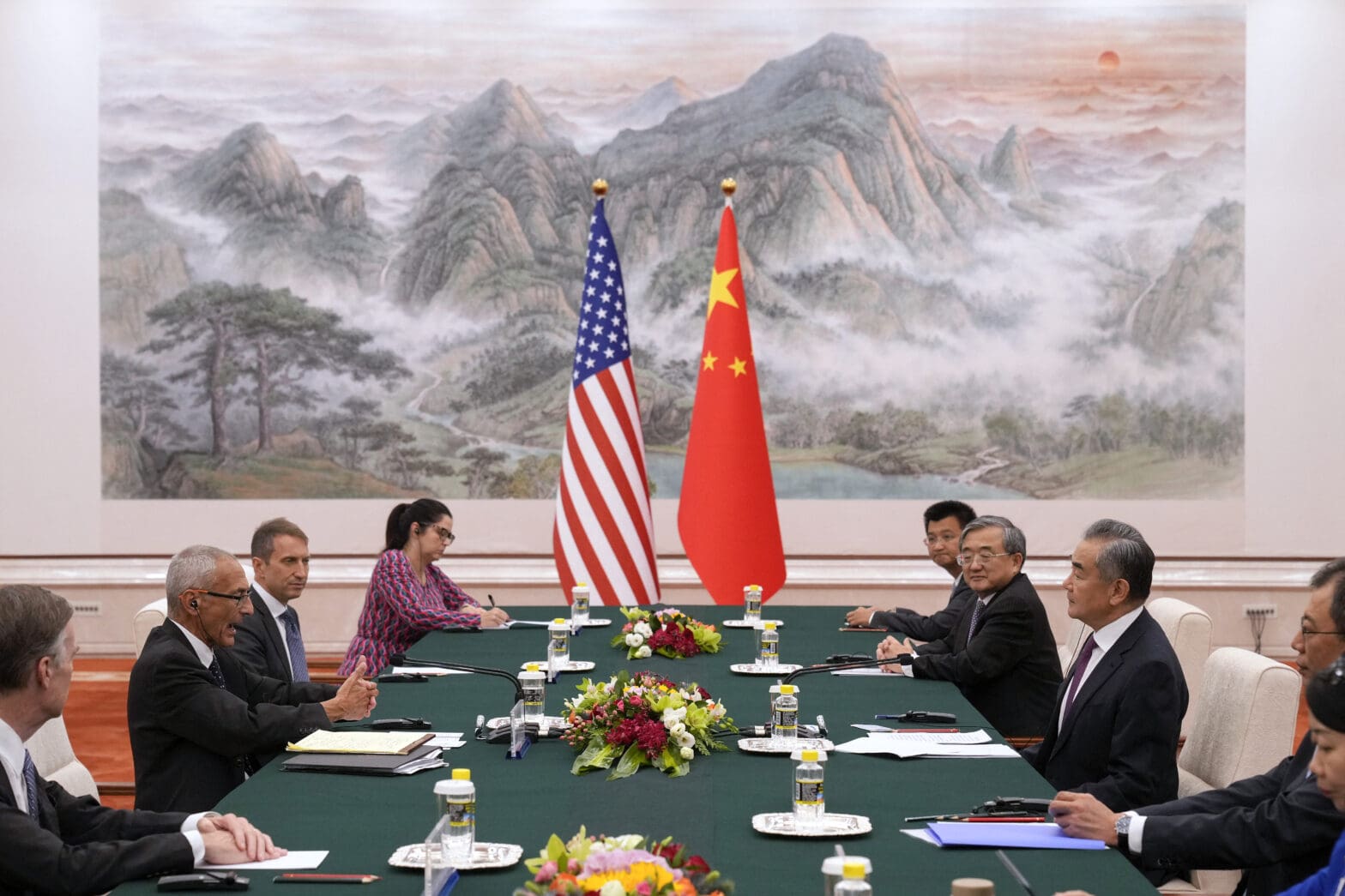
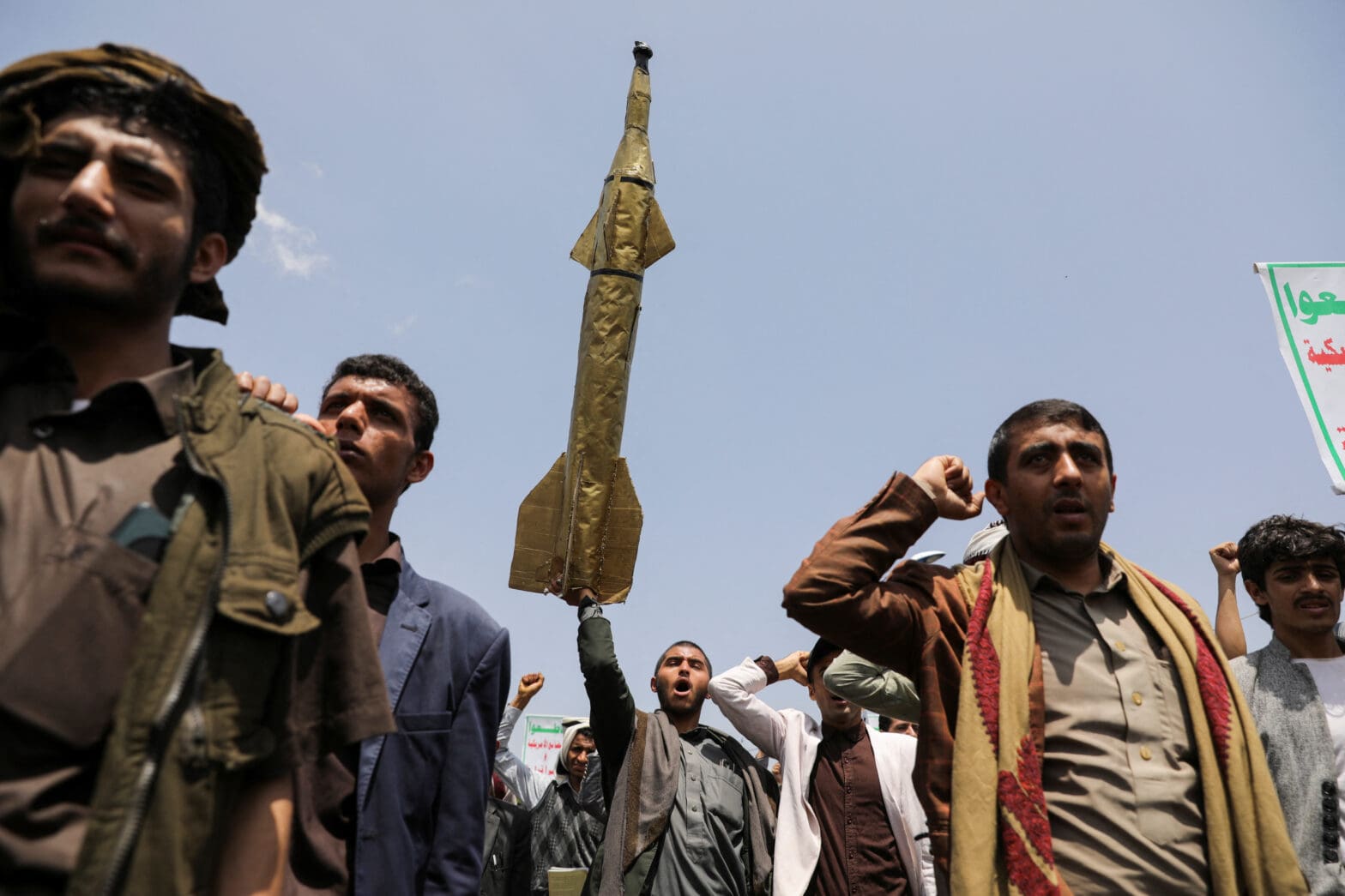
![Smoke billows during Israeli bombardment on the village of Khiam in south Lebanon near the border with Israel on June 19, 2024 amid ongoing cross-border tensions as fighting continues between Israel and Hamas in the Gaza Strip. (Photo by RABIH DAHER / AFP) / The erroneous mention[s] appearing in the metadata of this photo by RABIH DAHER has been modified in AFP systems in the following manner: [June 19] instead of [June 8]. Please immediately remove the erroneous mention[s] from all your online services and delete it (them) from your servers. If you have been authorized by AFP to distribute it (them) to third parties, please ensure that the same actions are carried out by them. Failure to promptly comply with these instructions will entail liability on your part for any continued or post notification usage. Therefore we thank you very much for all your attention and prompt action. We are sorry for the inconvenience this notification may cause and remain at your disposal for any further information you may require.](https://mecouncil.org/wp-content/uploads/2024/08/AFP__20240619__34XG8W8__v9__HighRes__CorrectionTopshotLebanonIsraelPalestinianConfli-1568x1045.jpg)
